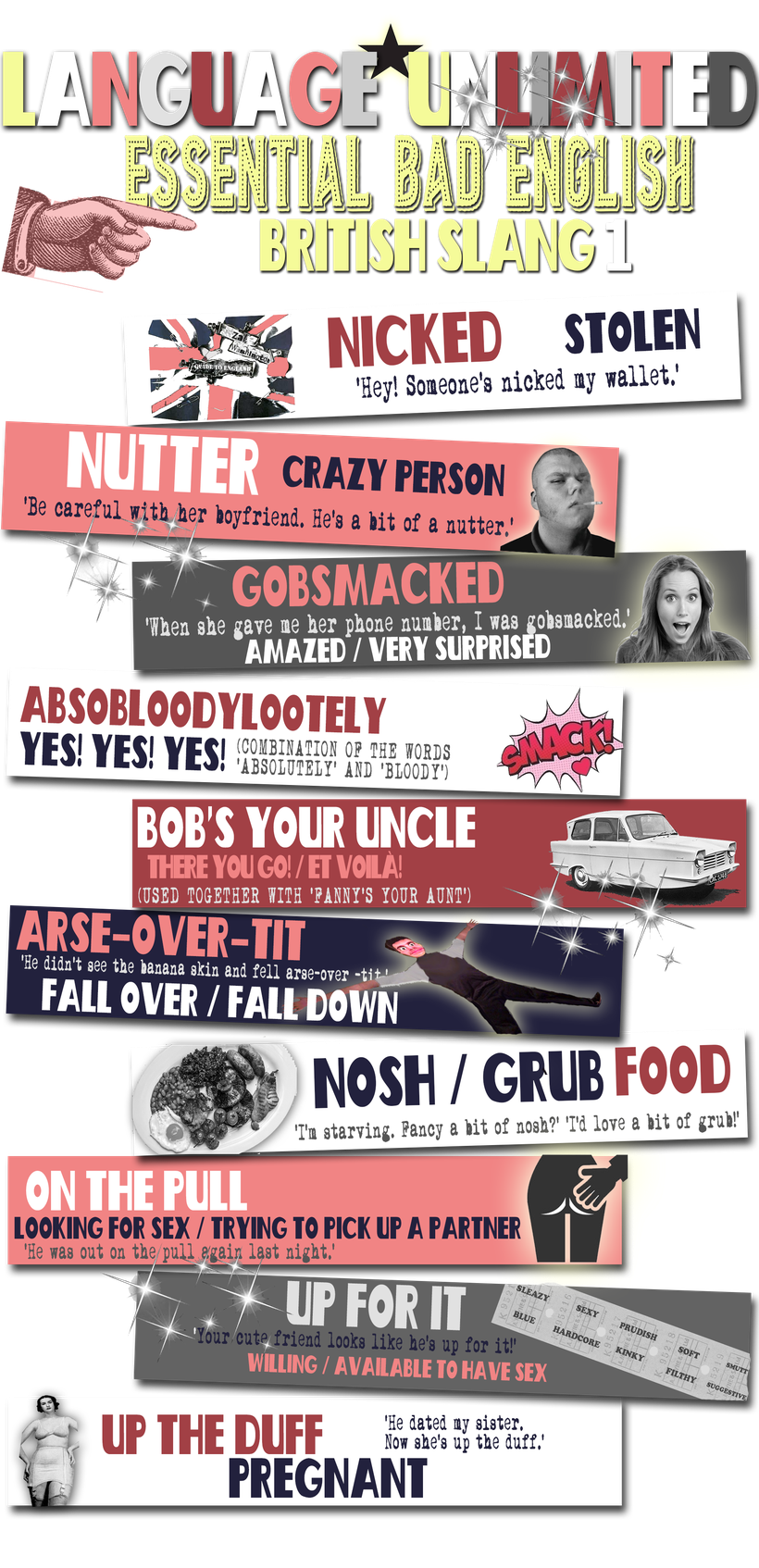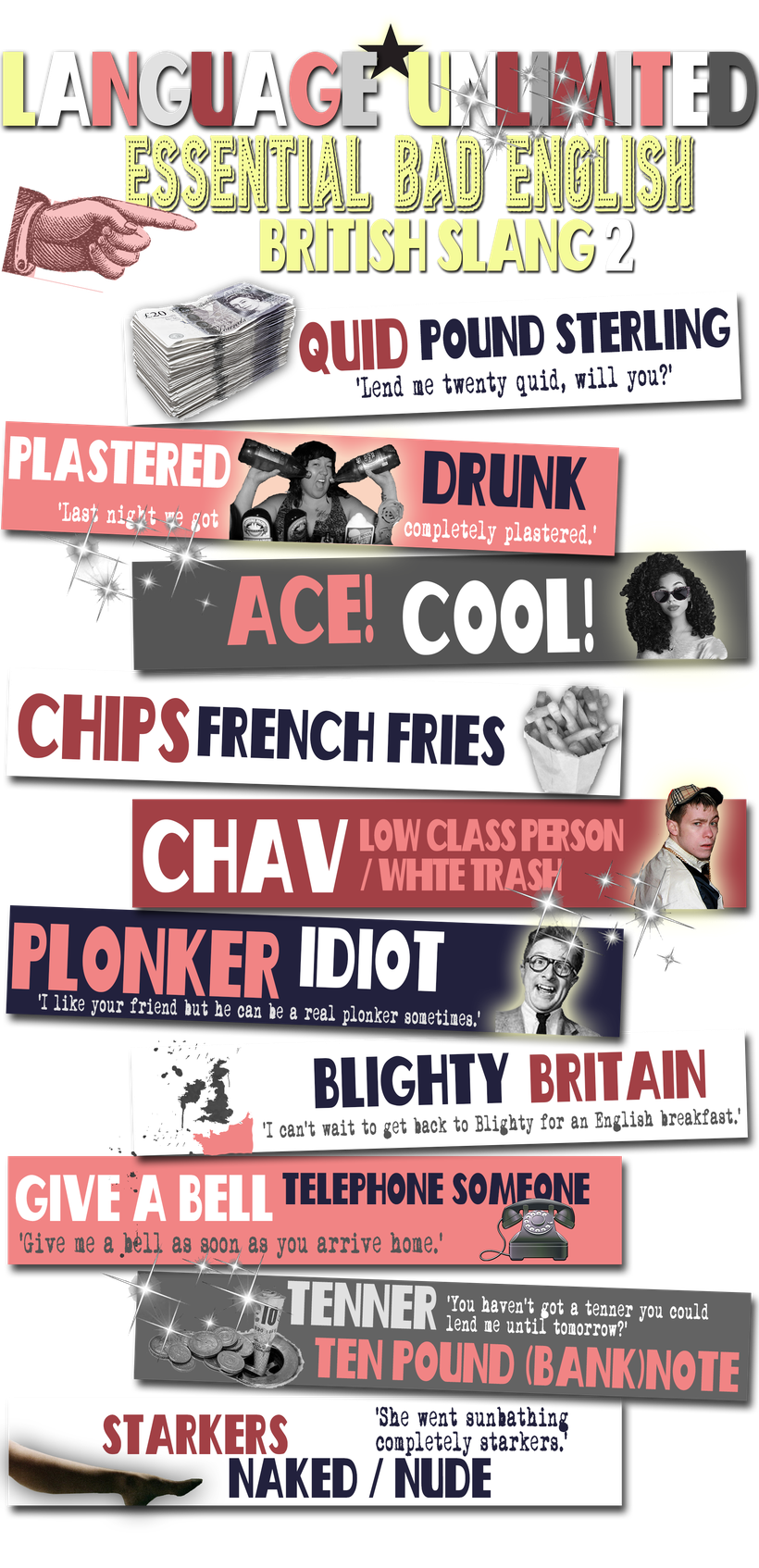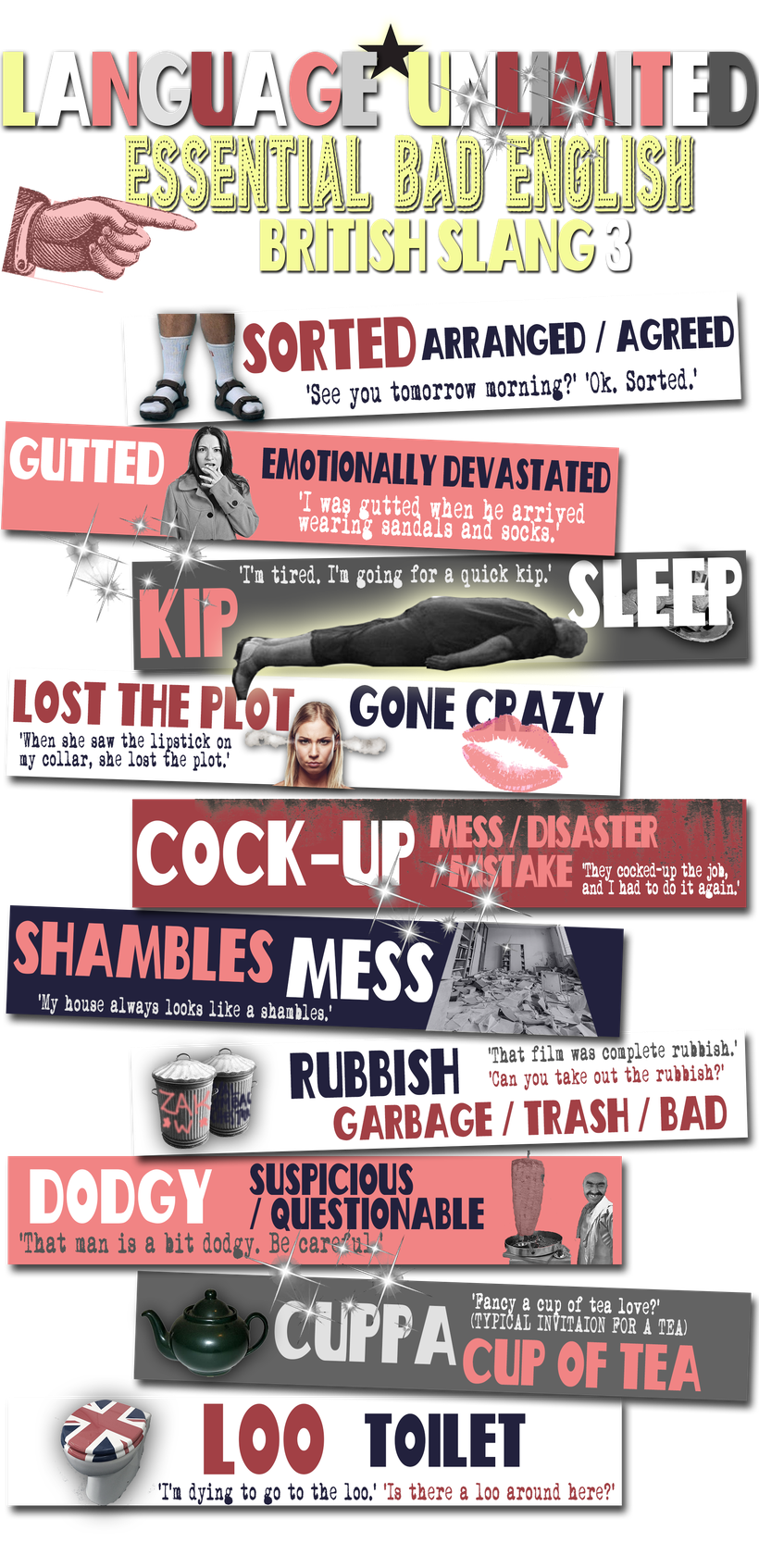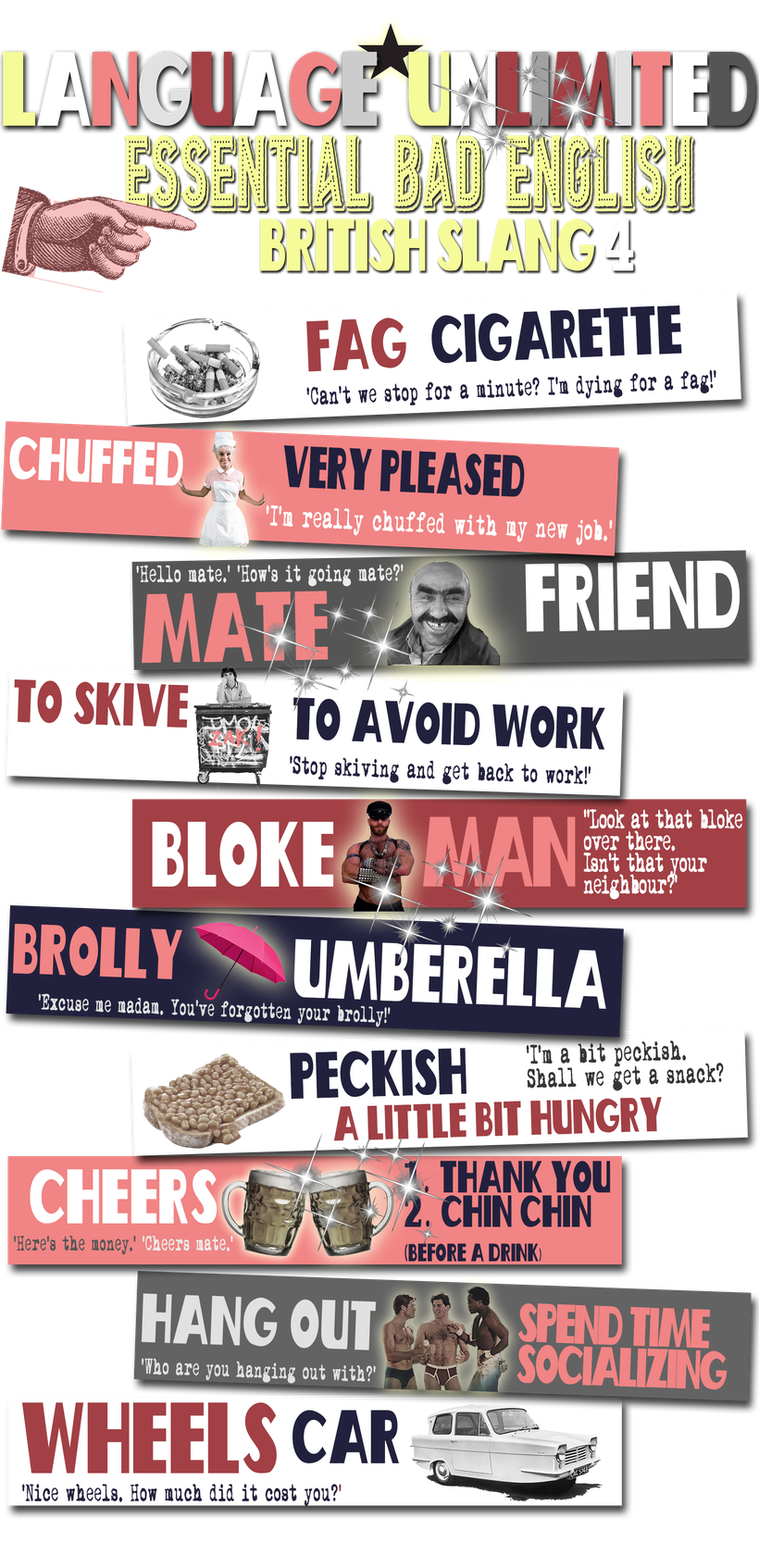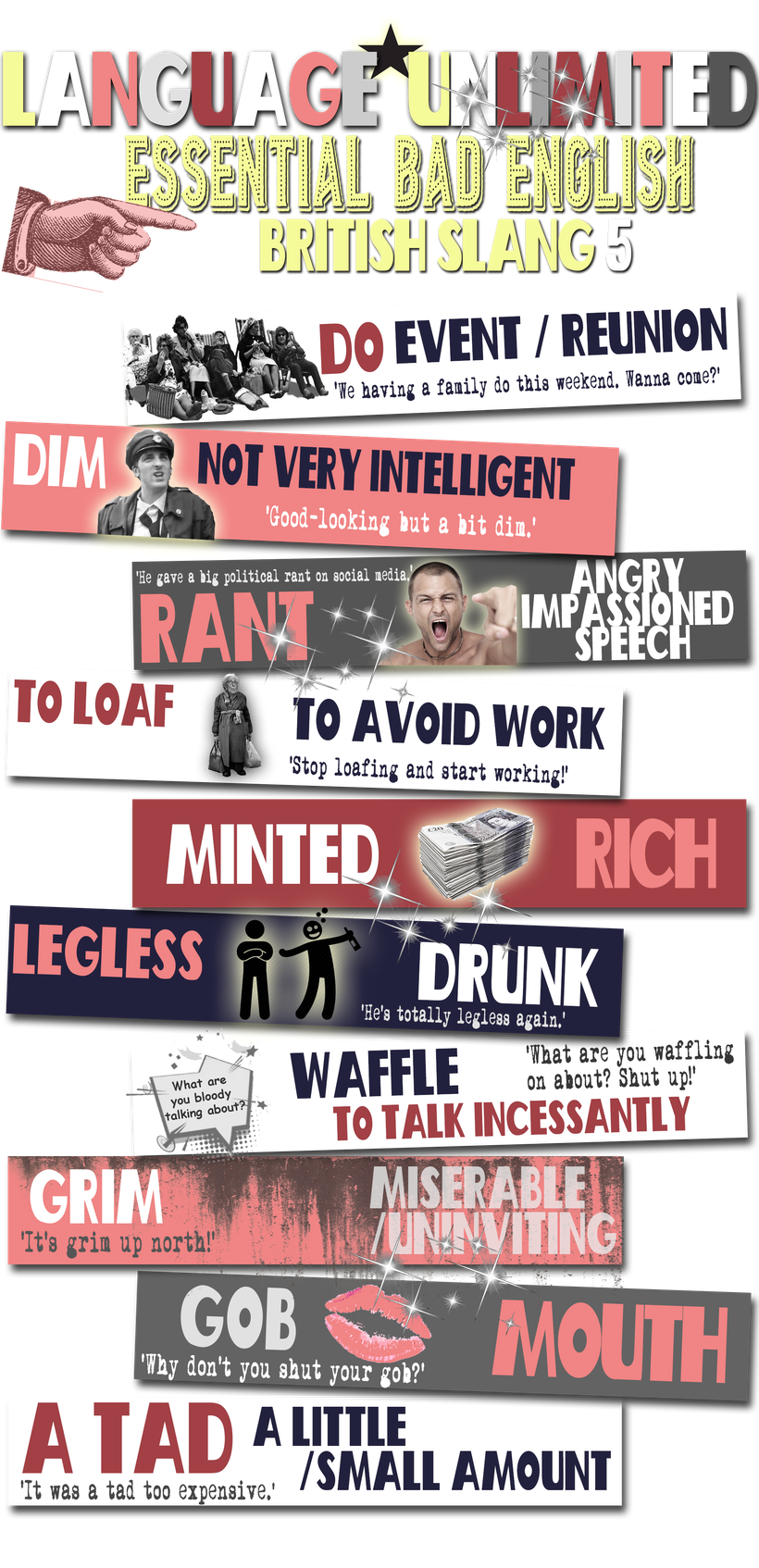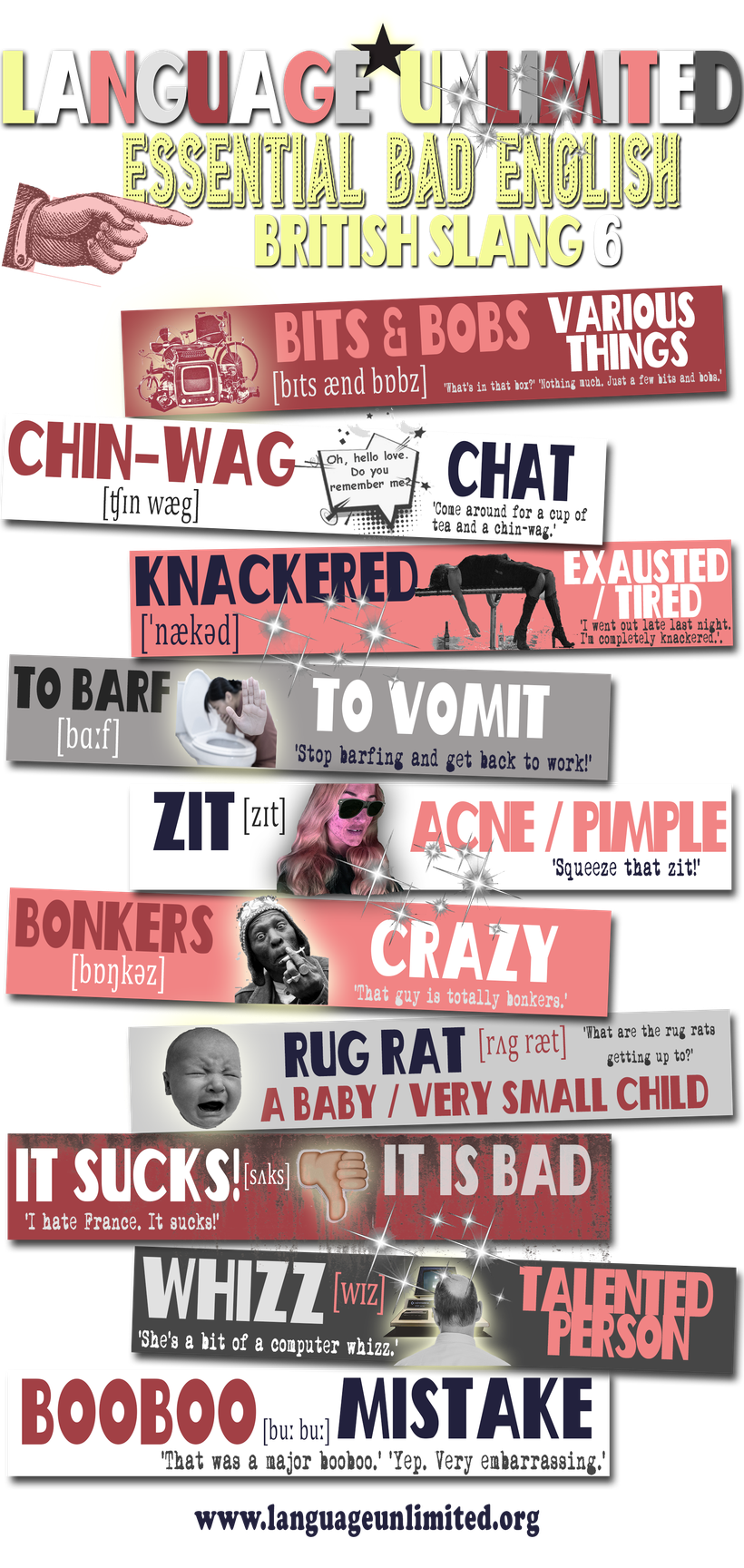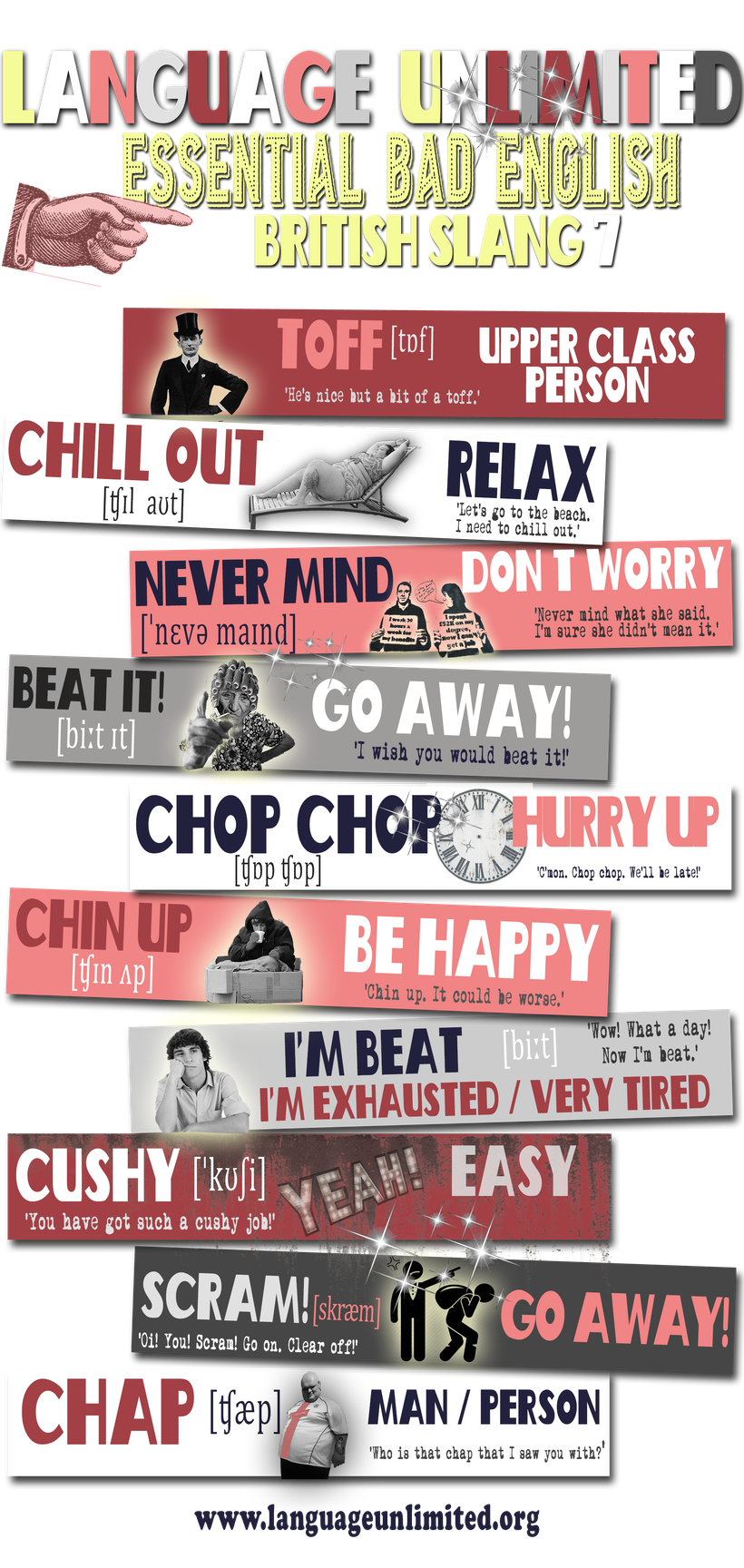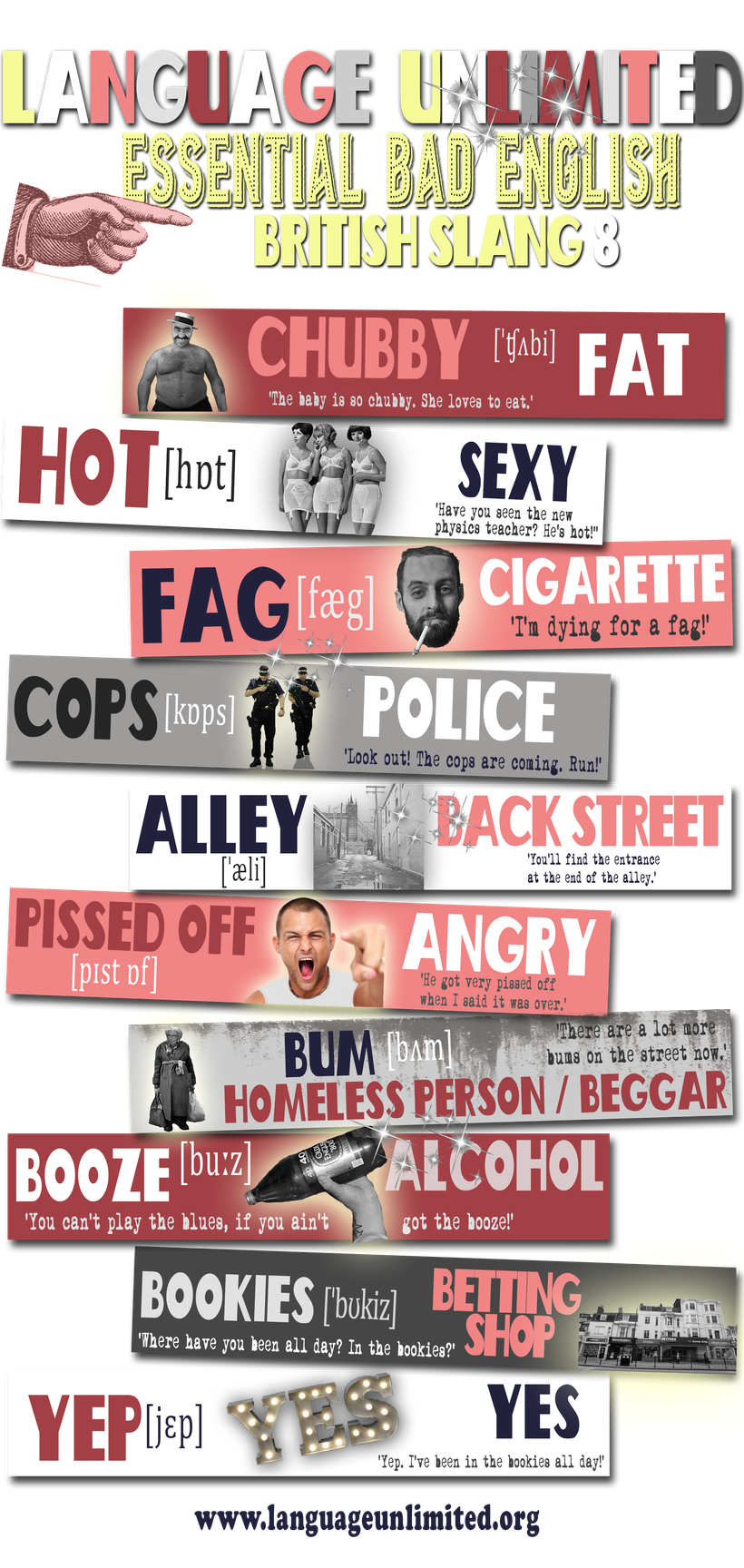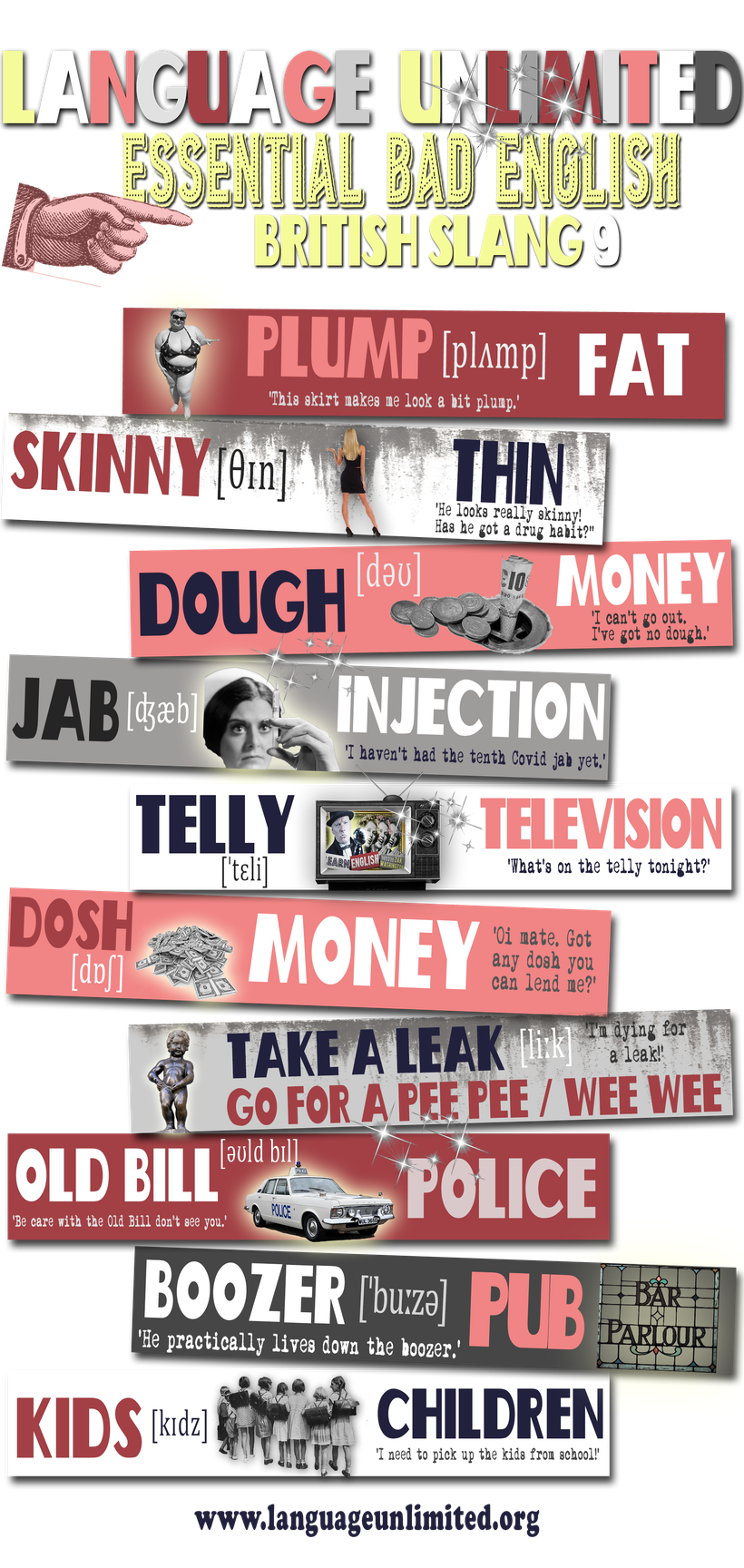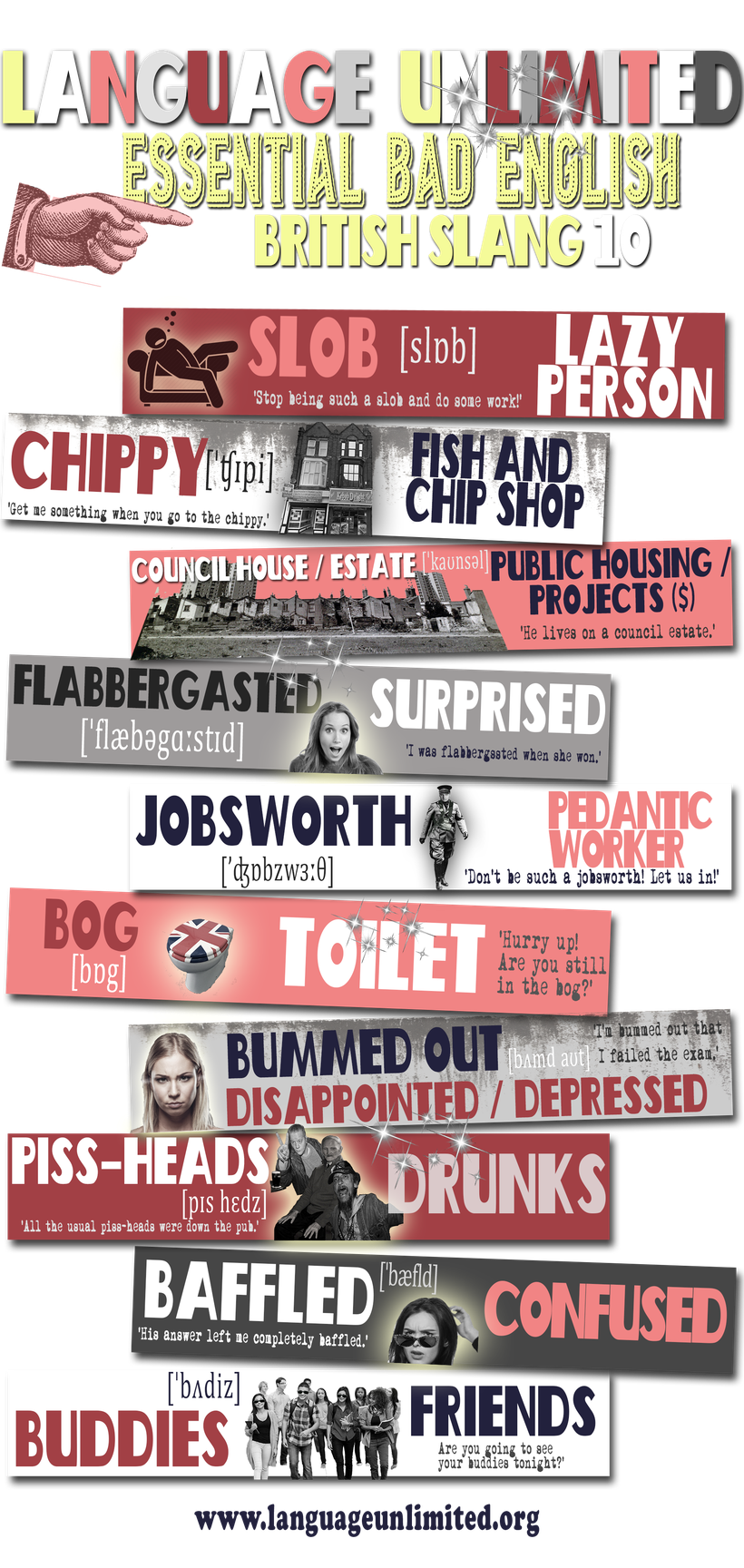LEARN real ENGLISH LANGUAGE & CULTURE
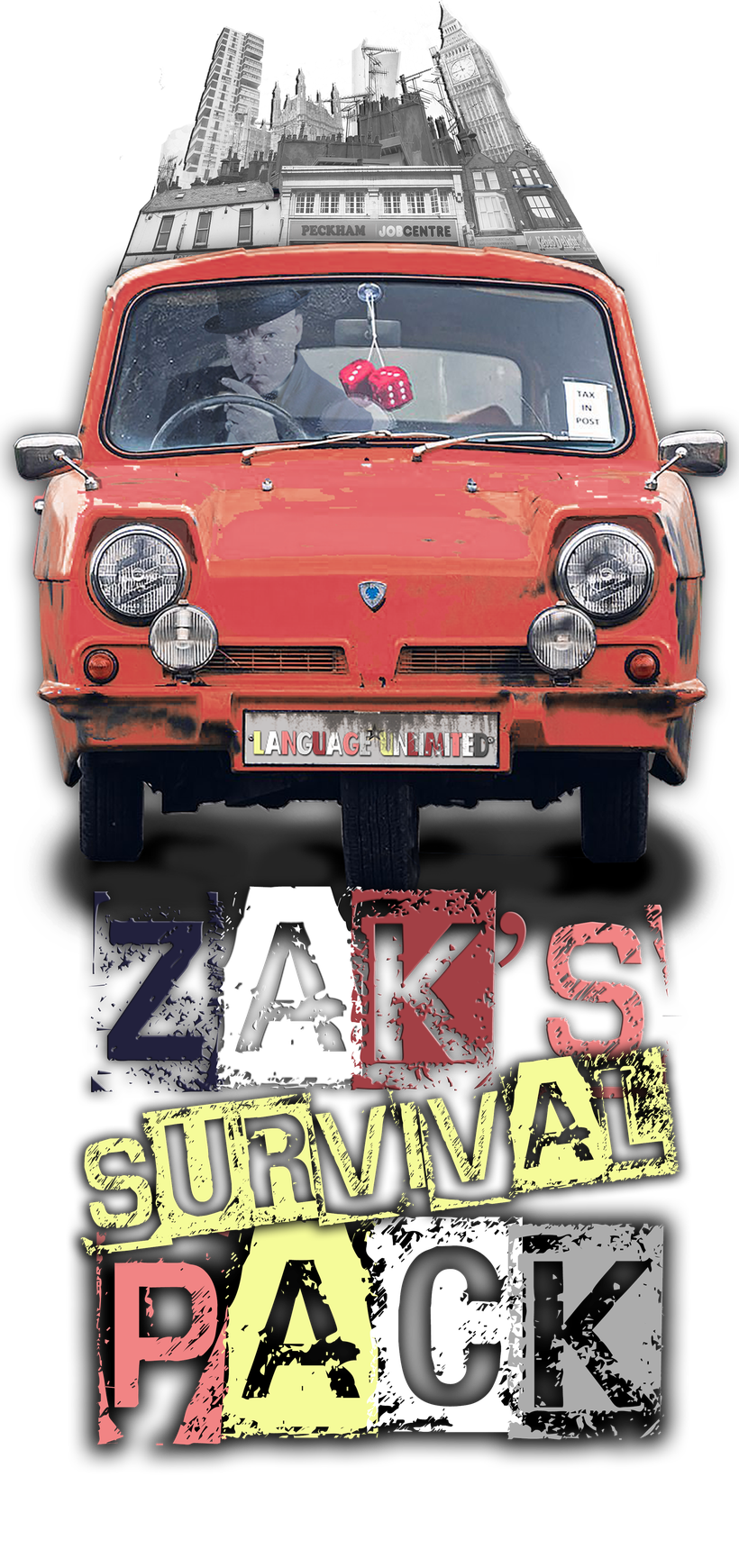
TOOLS & TIPS FOR SURVIVING IN ENGLAND

1. How to find a flat or accommodation in London or one of the big cities in England.
2. How to use (or abuse) the jobcentre, and some interesting ideas on how to get a job.
3. What you will need to bring with you when you go.
4. What to eat and drink in England.
5. Driving in England. Driving signs and signals. A typical day’s driving in the capital. Learning to drive.
6. Sending and understanding messages sent by email or mobile phone.
7. English for domestic arguments.
8. The West End and East End of London. Cockney Rhyming Slang. Cockney Dictionary. Pronunciation.
9. English for finding a boyfriend or girlfriend. Chat-up lines.

Part 1. How to find a flat (apartment) in London or England.
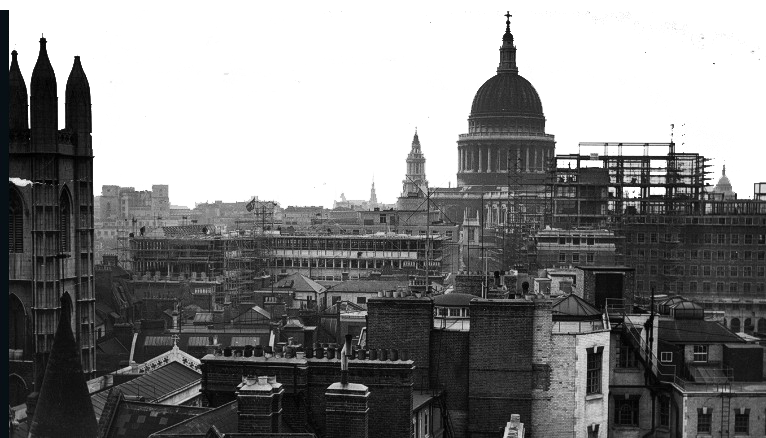
Complete the following exercise putting the verbs in brackets into either gerund or infinitive.
If you don’t understand the housing situation in England, you risk ____________ (lose) a lot of money.
First, you must realise that accommodation is very expensive in the big cities, and if you don’t have a high paying job, you probably won’t be able to afford ___________ (live) in many fashionable parts of town.
So I would recommend ___________ (start) by finding a fairly cheap place, until you get a good job. Alternatively, if you don’t mind ____________ (do) hotel work, you could find both at the same time.
What I mean ____________ (say), is that you can find a job and a place to live at the same time, in some hotels. Anybody who wants __________ (find) this type of hotel work, with accommodation included, should look for a live-in job.
You should expect ____________ (find) many other foreign students too, as work in the catering and service industries is usually done by people from other countries.
You can hope ____________ (improve) your Spanish and Portuguese, as well as learning English!
Search Engine Key Words: live-in, hotel and catering, chambermaid, kitchen porter, waiter, waitress, chef, casual work, temporary work.
When you first arrive.
If you don’t know anybody when you first arrive in Britain, you can consider ____________ (stay) in several possible places.
It’s no use __________ (go) to a ‘normal’ hotel, as you probably haven’t got much money and you won’t be able to afford __________ (stay) more than a few days.
Finding good accommodation involves __________ (spend) a lot of time and having much patience, especially if you are looking in the capital.
You should decide __________ (look for) one of the following: a cheap hostel, Hosteling International (called International Hostel before), AirBnB, or a bed and breakfast.
If you choose ___________ (go) to a cheap hostel, you will find many young, foreign students in the same position as you, and you’ll probably have lots of fun.
You may wish __________ (try) your luck in a bed and breakfast, which is a type of hostel/cheap hotel that offers rooms for the night, plus a breakfast the next morning.
Before you consider _________ (stay) in one of these places, find out from a friend what it’s like first.
The quality of these places differs enormously.
They might turn out __________ (be) really lovely, clean, with nice friendly owners and a great breakfast.
On the other hand, some bed and breakfasts try __________ (take advantage) of foreigners, tourists, and the social security, who pay them to accommodate unemployed people.
If you end up __________ (live) in one of these places, you might have a lot of problems, because they have a very bad reputation.

Looking for something more permanent.
Anyway, once you are established in one of these temporary residences, you should start ____________ (look) for a normal flat, or house.
It is recommended __________ (look) in local newspapers, and the papers that specialise in small ads (advertisements).
I would suggest __________ (consult) the Gumtree website. Also try __________ (look) in the local evening papers, such as London’s Evening Standard.
Avoid ___________ (go) to special accommodations agencies, as these are very expensive, and usually charge a large commission.
Let’s look at the different types of rented accommodation.
A bedsit (bed sitting room) is the smallest, and often the worst type of place to rent.
You can expect __________ (find) a bed sitting room that will be one room with everything in it; bed, armchair, furniture and kitchen facilities.
You could consider ____________ (live) with other people.
This would be in flat-share, or a house-share.
One of the most economical ways to live is to organise a group of friends, and look for a whole house to rent between you.
To do this you will need ________ (go) to an estate agency, which is a shop or office that specialises in selling and renting houses and flats.
You could also choose _________ (become) a lodger.
This would involve ________ (live) in a family house, in an extra room that they have, and possibly eating meals with them. This is a fairly cheap option, and would, of course, be very good for your English.
What the advertisements mean.
Accommodation advertisements can be difficult to understand, so you’ll have to learn ____________ (read) the abbreviations properly.
GCH means gas central heated, so this flat will be warm and the utility bills will be small.
MNS/FNS means that you need __________ (be) a male or female non-smoker.
No DHS (Department of Health and Social Security) means that the owner doesn’t want ____________ (rent out) his flat to unemployed people.
PCM means per calendar month,
GFF is a ground floor flat, and FFF is a first floor flat.
My advice is to look at absolutely everything!
Sometimes the advertisements sound terrible and then the flat ends up _________ (be) lovely, and vice versa. Be patient, and if it’s in London that you’re looking for, good luck!
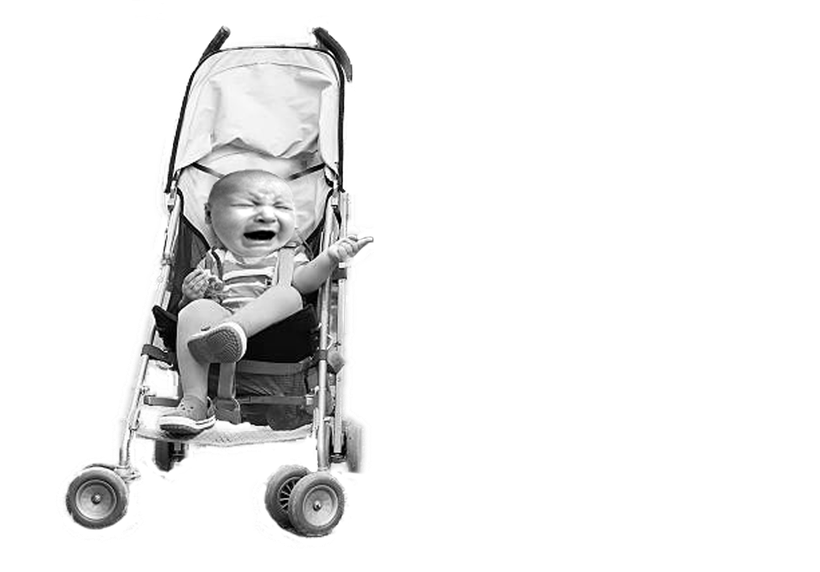

Part 2. How to use (or abuse) the jobcentre, and some interesting ideas on how to get a job.
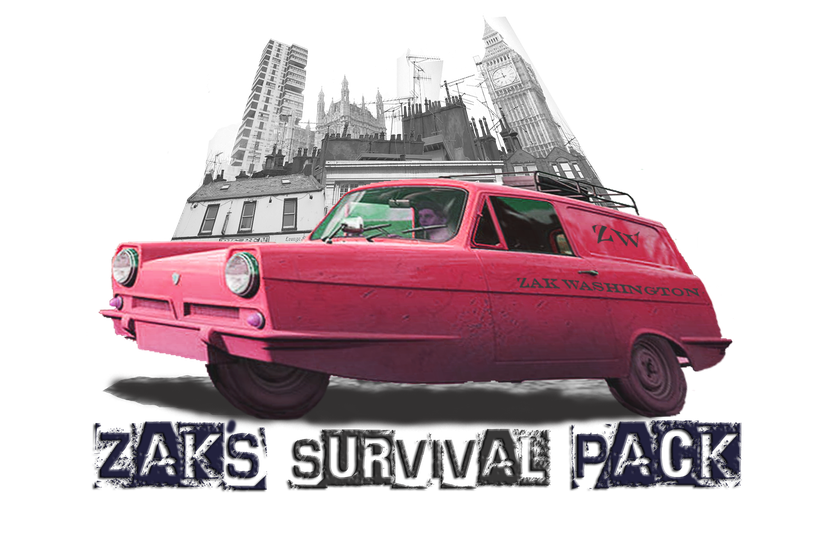
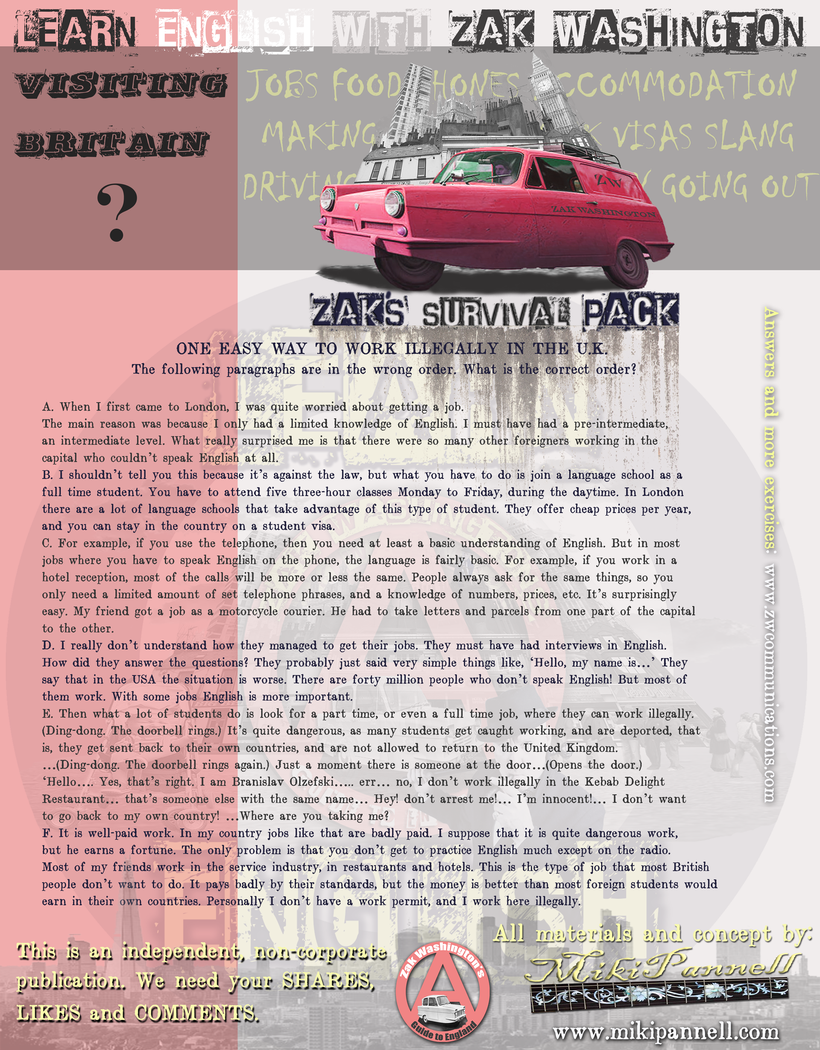
It’s now six weeks later.
You didn’t get out of bed.
You didn’t listen to Zak Washington’s advice.
You didn’t get a job, and now you are so poor that you have to return to your own country.
Make the past situations into conditional sentences.
Example. I didn’t listen to Zak Washington. I didn’t get a job. If I had listened to Zak Washington, I would have got a job.
I stayed in bed most of the day listening to hippy music. When I arrived the jobcentre was closed.
I told the woman in the jobcentre that I didn’t have any references. She told me I wouldn’t be able to get a job.
She wasn’t nice to me, because I’m foreign.
She told me I that I needed perfect English for the washing up job. So I couldn’t apply for the position.
I told the woman in the jobcentre that I wanted to see that manager, or one of her superiors. Then she was very nice to me.
I lied about having a lot of experience. I got the job.
I studied English quite a lot. In the job I spoke more that most of the others.

Here are some typical jobs, most of which require little or no experience, and are often done by foreign students. Match them with the correct definition.
care assistant
cashier
chambermaid
childminder/nanny
courier/dispatch riders
handyman
housekeeper
kitchen porter
leaflet distributor
office junior
labourer
market researcher
porter
stores assistant
telesales person
…washes up dishes, and cleans in a hotel or restaurant.
…looks after old people.
…delivers letters, parcels and documents in car, or by bike.
…looks after children.
…is who you pay in a shop, or supermarket.
…is someone who does general repairs and maintenance.
…gives out information or advertising from house to house.
…does investigations, asking questions to get information.
…works in a big warehouse where supplies are kept.
…works on a building site doing heavy, manual, or dirty jobs.
…sells products on the phone.
…does work such as filing, typing, and answering the phone.
…makes beds and cleans rooms in a hotel.
…works in a hotel or hospital transporting things.
…does domestic tasks, like cooking or cleaning in a home.
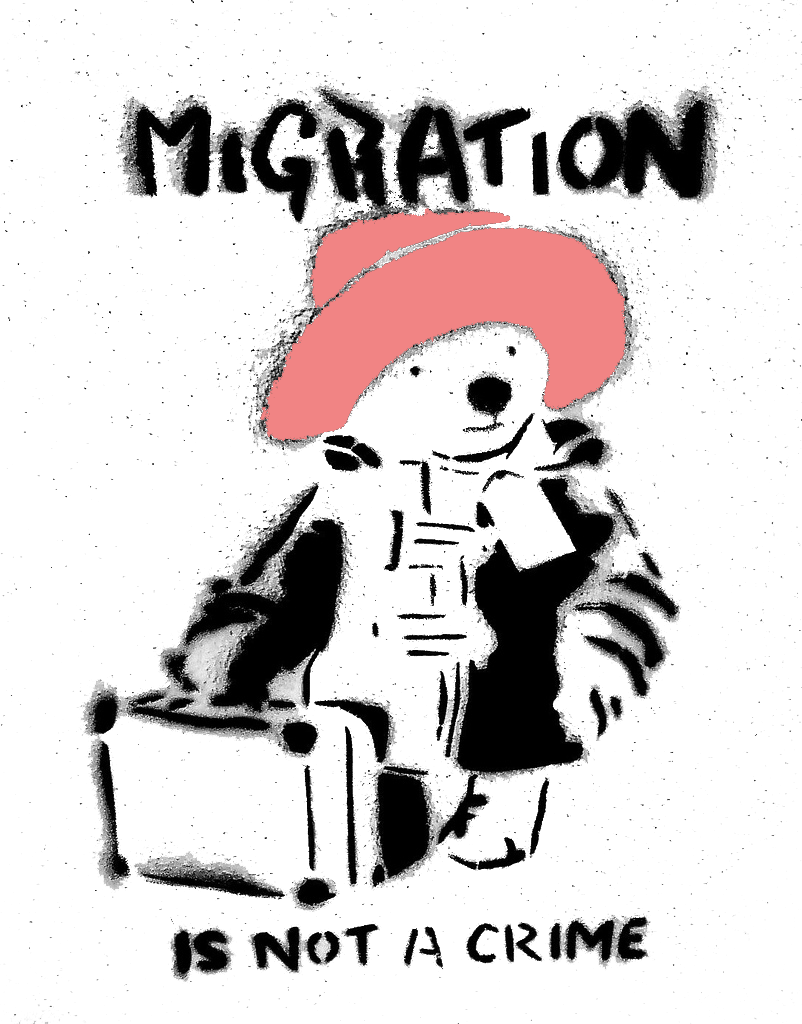

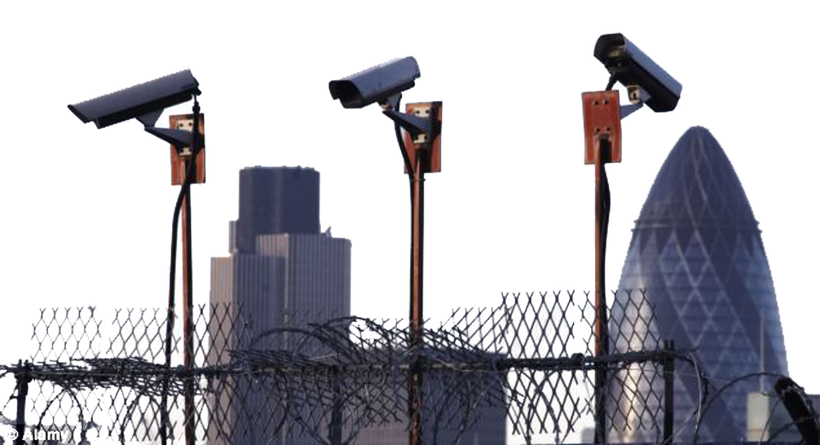
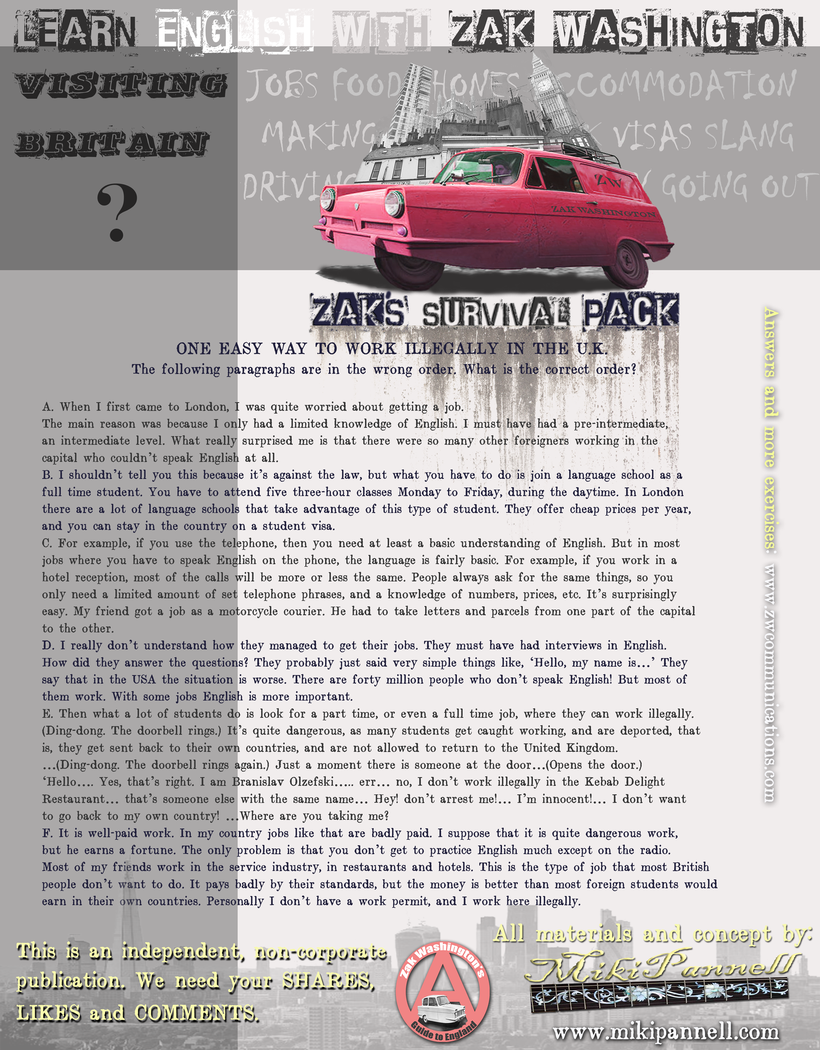
The above paragraphs are in the wrong order. Read them, and then write the correct numbers here.
FIRST PARAGRAPH - A
SECOND -
THIRD -
FOURTH -
FIFTH -
SIXTH -
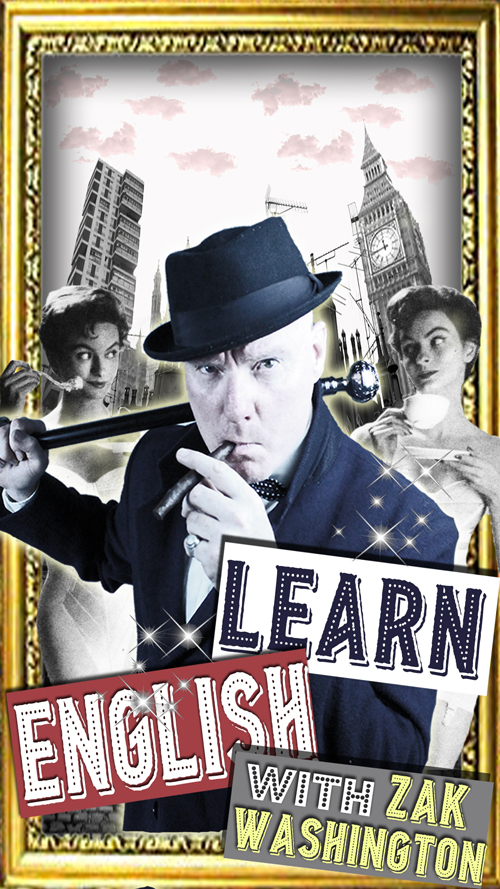


Part 3. What you should take with you, and what you should leave at home.
Listen to Branislav Olzewski’s older sister giving him advice before going to study in England. Fill the spaces using one of the modal verbs from the box. There are several possible answers.
MUST MAY MIGHT CAN CAN’T COULD COULDN’T
SHOULD SHOULDN’T OUGHT WOULD WOULDN’T
Branislav’s stupid sister:
Now listen Branislav! You __________ listen to me! It’s very important.
You are going to live in a big, wild, crazy city[1], and you _________ to be well prepared.
England is extremely cold all year round, so you ________ take arctic underwear, thermal socks,
Siberian army hats, and the biggest fur coat that you can find.
There __________ be days when the temperature drops as low as minus forty degrees, and the only way to get to work is with a sleigh [2] and a pack of huskies.
Why don’t you ask Vladamir if you ___________ borrow [3] two of his tennis rackets to wear on your feet?
He __________ lend them to you.
Daddy __________ still have those skis, although he _____________ have thrown them away.
I don’t know. Skates too!
A few months later Branislav is back at home again. His trip to England has been a disaster.
Fill in the spaces, this time using one of the above modals in the past.
Don’t forget the structure: MODAL + HAVE + PAST PARTICIPLE.
There may be several possibilities.
Branislav’s stupid sister:
Don’t call me a foolish sister! I _______ never ________ ___________ (to known) that it would be so hot.
When you arrived there in June, it ________ __________ ___________ (be) cold.
That cannot be true! There _______ _________ __________ (be) three months of glorious summer sunshine, like you say, that’s impossible!
I’ve seen the television, and it always rains or snows, or both.
Anyway, if it had snowed, you ________ ________ _________ (need) some warm clothes.
You should thank me.
Branislav: What! Are you crazy? Everybody else was wearing summer clothes and bikinis.
You __________ _________ ____________ (tell) me that you knew nothing.
I ________ ________ ________ (die) of embarrassment when I got off the plane with two tennis rackets on my feet.
Everybody else was wearing T-shirts and shorts!
I ________ ________ ________ (be) so stupid to listen to you.
Choose which of the following pairs of words is most suitable for the phrase.
One of the most important things to consider is that England is expensive, and you won’t be able / won’t have to survive there very long without a job.
So you could / ought to bring everything that you will need in order to get a job as quickly as possible.
You mustn’t / don’t have to leave any important documentation at home.
By this, I mean that they would / could ask job references and anything that shows that you have previous experience, tax documents, social security forms, work permits, or copies of certificates and qualifications that you can / might be in possession of.
You should / must also bring a copy of your C.V. as this may / ought save you time, when you arrive.
If you don’t have a telephone number, in the place that you are going to stay, then you would / should consider buying a local mobile phone or SIM card.
If you bring your own mobile, you should /will be charged an enormous amount of money to call and receive calls, as if you were phoning from your own country!
Also, if your phone credit runs out, you mustn’t / mightn’t find a way of recharging it.
Oh, one thing that you absolutely should / must bring with you, is a suit for those interviews.
Suits are probably much cheaper in your country.
If you are only going for pleasure, or study, and not to work, then you shouldn’t / couldn’t need as suit at all, because the English usually dress very informally.
It could / would be unusual to see someone dressed in a suit in a night-club or at a party.
Some things are cheaper and easier to find in Britain, including books, study materials, newspapers, second-hand cars, motorbikes, bicycles, and clothes.
So you shouldn’t/wouldn’t need to bring any of those.
In fact, you should / must be aware that there is an enormous second-hand market for just about everything: sports equipment, musical instruments, furniture, electrical equipment etc.
[1] A frequently asked question is ‘What is the difference between a city and a town?’ Officially a city is a place that has been given special legal status by a Royal Charter. But us normal people don’t know what this is either. We see little difference between the two, and refer to any largely populated area as either a city or a town. London, for example, is commonly referred to as both London Town and the City of London. Even official organisations have confused names. The City Council is the local government organisation that governs the town/city from the Town Hall. In the US both the government organisation, and its building are called City Hall. In Britain we say town centre or city centre; Americans say downtown. The City is also the name of the important business and financial area of London, just north of London Bridge, where you can find the Bank of England and the Stock Exchange. Incidentally, on the town means ‘going out and enjoying yourself’. One final thing worth noting is the pronunciation of mayor , the elected leader of a town’s governing body. This should be one syllable and rhyme with hair, bear, and where.
[2] Sleigh (noun) a form of transport that carries things on skis. Often they are pulled by dogs or horses, and are common in the Arctic, Russia, or very cold, snowy regions.
[3] To borrow. To lend to give/take something without payment that you have to give back later. If you borrow the other person lends. Easy! So why do students and native speakers have so many problems? The reason is because there are always at least two ways of constructing the same idea. ‘Can I borrow a pen from you?’ ‘Can you lend me a pen?’ ‘Yes, you can borrow a men from me.’ ‘Yes, I can lend you a pen.’ Native English speakers often confuse these verbs themselves. But what students often do is that they mix up the dependent prepositions. These are very important. It is always borrow from and lend to.


Part 4. What to eat and drink in England.
Some of the sentences below have been removed from the text. Read it, and find the correct place.
This is the typical scenario. A foreign student arrives in England, usually in London.
He spends the first few days visiting typical tourist places, and whenever he gets hungry, he visits one of those cheap, disgusting fast food places near the tourist sights.
There you can find disgusting rubbery pizza cooked by Spanish engineers, horrible paella cooked by Hungarian dentists, and stroganoff that was cooked two weeks ago by Italian taxi drivers. A______
If you want real cannelloni made by real Italians, go to La Porchetta in Finsbury Park, North London.
For real paella cooked by Spaniards go to Hanwell Street in the centre of London. There is a whole colony of Spanish restaurants there.
A question. Where do all the best chefs and cooks in the world work?
Is it in the working men’s cafes in Minsk? In canteens in Antwerp? In Greek kebab restaurants? Of course not.
The answer is probably in Paris, London, or New York City.
But just like in NYC, you have to have the money to pay for quality.
It’s no use going to Britain without money and expecting to eat well.
Go to Italy, Spain or Greece. B_____
On the other hand, if money is no problem for you, then London is your city.
The quality of the better restaurants is unsurpassed.
There is far more variety of international food available in England than in almost any other country.
Not only in restaurants, but in supermarkets too.
If you eat out, you will probably have to choose between dishes like Italian lasagne, Turkish kebabs, Indian chicken tikka massala, or Chinese sweet and sour pork.
If you want snacks, you can choose between Jewish bagels, Danish pastries, Greek falafels or Mexican tacos. Anything basically.
C_____ For example, if you are vegetarian, diabetic, suffer from certain food allergies, or have special needs on health or religious grounds, then this is the place for you.
The only type of restaurant that you will have trouble finding is an English one.
They do exist, but are the exception rather than the rule. London has several.
But you fill find thousands more Indian or Chinese restaurants.
This is not to say that traditional English cuisine can’t be found.
There are some good traditional English dishes, but you will have to look carefully to find them;
Cornish pasties (meat and/or vegetables cooked in pastry),
shepherd’s pie (a pie made with a meat base and mashed potato on top),
biriani (an dish invented by an Indian in Birmingham),
Lancashire hot pot, Yorkshire pudding, and there is another great British invention that we haven’t mentioned... the sandwich!
Also worth the trouble to investigate are crumpets, muffins, (two types of round bread-like cakes usually eaten hot with butter) and scones, another type of cake eaten with jam and cream, and a cup of hot tea.)
Although foreigners have this stereotypical image of Brits eating fish and chips all day, everyday, you are far more likely to find us eating Indian curries. D_____
Recent surveys show that curry has now become the national dish.
They are available from many places, but the best are from Indian restaurants.
These establishments are cheap, good value, and are everywhere.
Fast food is common. It is often referred to as junk food, a term which is always used negatively.
It could be argued that this is what has given our cuisine such a bad reputation.
There are the normal multinational chains of American-style hamburger restaurants, which are probably exactly the same as the ones in your country, except that you can buy a cup of tea, but not a beer in there.
Extremely common too, are the Greek or Turkish-owned kebab shops, which similar to English fish and chips, differ enormously in quality.
A kebab shop usually offers, amongst other things, different cooked meats in pitta bread, (that type of flat Arabic bread), chips (fried potatoes) houmous (a paste made from chickpeas), and salads.
If these don’t appeal to your foreign tastes, you obviously haven’t drunk enough beer.
After eight pints of lager, this food will look... eatable. Be careful. E_____
So to get us in the mood, what should we drink?
Britain is the second biggest importer of wine, behind Germany.
There are wines from all corners of the planet available in virtually every supermarket or off-licence (shop specialising in alcoholic drinks).
Beer is everywhere, in every colour or form.
You can’t just walk into a pub and ask for a beer, like a typical tourist. F _____
The most common type is lager, the golden coloured beer that is most typical throughout Europe.
Pilsner is very similar. These should always be served cold.
Bitter, which is a red/brown colour and often comes from a barrel. It is served at room temperature, and is often the cheapest drink in the bar. G_____
Try a bitter on a cold winter night in front of the pub fire when it is snowing outside.
Another classic beer is stout, which is the heavier black one. Guinness is the most famous brand.
Also worth noting is real ale. Ale is an old word for beer and real ale is often a thick, bitter, homemade beer produced in a traditional way.
I can see that we ought to look at this in more detail. Look! There’s a pub. Let’s go and do some more studying! Come on!
1. You have to specify which kind and what quantity.
2. England is one of the best countries for anybody with specialised diets.
3. After so much booze, those ugly English girls in mini skirts and white stilettos, will look attractive too.
4. There, the typical working man, or less rich people eat far better than in England.
5. A type of spicy dish that can be made with meat, fish and/or vegetables, and is served with rice.
6. Foreign students usually refuse to try anything that is not ice-cold.
7. Then the tourist goes back home telling everybody that the food is terrible!
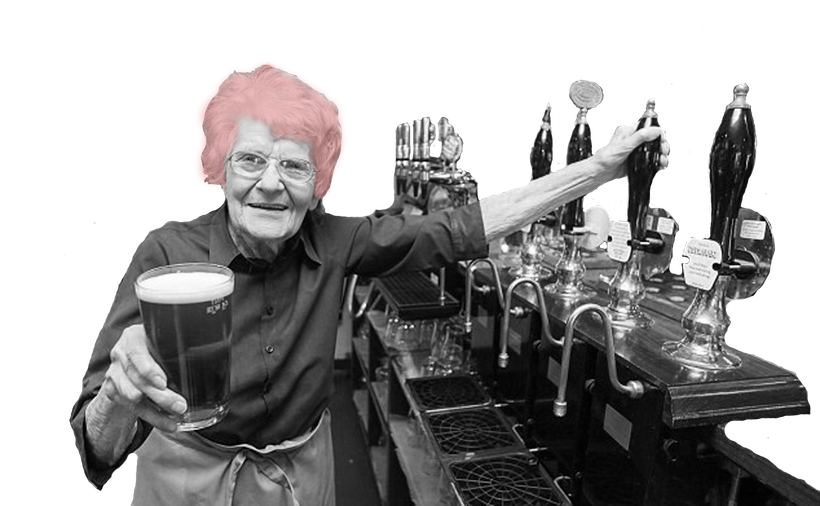

Part Five. Driving in England

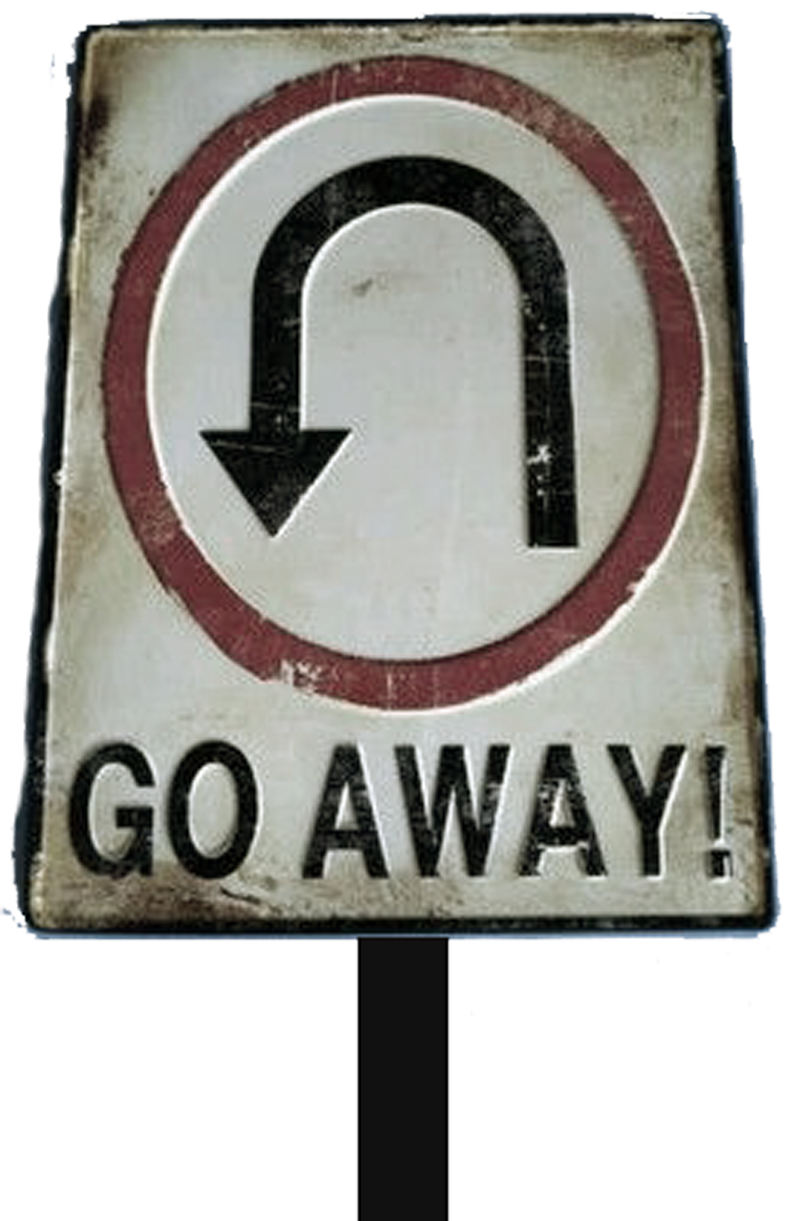
Read the text below, then in your own words answer the questions.
Let’s begin with some vocabulary for driving on the road system of the United Kingdom.
Take a look around. What’s that? That’s a road. That is where you drive.
And the other place over there with all the people walking?
That’s called the pavement and the person driving along it is a French woman.
There is a type of vehicle. There are fifteen people in it, but none of them are driving. What is it? A coach[1]? A bus? No. It’s a typical Greek family on holiday… in an Opel Kadett.
There is a gap between two rows of cars, with a car parked safely between them. What is it? A parking space? A car park? No. It’s the middle of the road….and only a Spaniard would park there…
This shouldn’t be a problem, of course, as we are a civilised country, and we tend to drive in two separate directions, in lanes, avoiding the white lines in the centre of the road.
Why doesn’t someone tell the Portuguese this?
In Britain we drive on the left hand side of the road. That angry German you can see hasn’t realised yet. He’s shouting at a driver for driving on the wrong side of the road.
In Britain, the driver sits on the right side of the car.
The German is, in reality, shouting at the driver’s mother, who is sat in the passenger seat. The driver, who is Irish, is on the other side. He hasn’t noticed yet, because he’s too busy talking to the people in the back seat and sending a text message on his mobile phone at the same time.
Traffic lights. A red light in Britain means ‘STOP’; in Hungary a fatal accident is the only thing which produces the same effect.
A green light means ‘GO’. Don’t. It is far too dangerous. You can guarantee that a Czechoslovakian is coming the other way. Luckily the Czechoslovakian will be driving so fast that you have very little chance of getting hit.
All of these are preferable to finding yourself behind little old English ladies on excursions. Don’t worry too much. The little old ladies have only got to go fifty kilometres more, so you should only be behind their car until next Friday.
What to do in case of an emergency.
Obviously, the roads are very dangerous places. There are all sorts of risks; accident black spots, motorway pile-ups, head-on collisions, terrorist outrages, and worst of all... Italians parking[2].
If you see an Italian trying to park, inform the emergency services immediately.
Ask for an ambulance, or as we call it in Britain, a Turin Taxi. Phone 999. [3]
Don’t call 911, because this is the emergency number for the USA.
You’ll be waiting longer for an American ambulance to arrive from the other side of the Atlantic than you will for a British one… But not much. Why? Because there are two old English ladies in front of the ambulance.
In future, to avoid trouble just take the bus or underground.
1. Explain in your own words what the German in the above text is doing.
2. What, according to the writer, do Hungarians and Czechoslovakians do on the roads? Use your own words.
3. Why will you have trouble getting an ambulance?
4. Which of the following countries have the worst drivers? Britain. Spain. Italy. France. Put them into order and them justify your reasons.
5. What are the driving habits of the Spanish and the Portuguese?
6. Who drives on the right side of the road in Europe? Who drives on the wrong side?
7. Italians don’t deserve their reputation as the worst drivers in Europe. Discuss.
8. Who are the safest drivers in Europe? Men or women? Who are the most annoying drivers in Europe? Men or women? Write at least forty words to justify your arguments.
9. What further criticisms of European drivers could you make? Think of your own examples.
10. What is your personal opinion about the road problems that we experience in Europe? Who is to blame?
[1] It’s worth making a note of the different names that we use for vehicles, as they often differ from American English. First there is the car. Sometimes called a saloon car, or family car. (Note; automobile is old fashioned. The model with the extra part at the back where you would put the dog or the shopping is called an estate car ($ station wagon). The workman’s vehicle is known as a van. The bigger, more heavy duty vehicle is a lorry ($ truck). A bus refers to the public transport in the city, but the similar looking vehicle that takes you from one town to another is called a coach. Also worth noting is the difference between driver and chauffeur. The first is the general name for anyone who drives a four wheel vehicle, the second is the person whose job it is to drive for someone else. If someone asked you what a motorist was, what would you answer? If you said that it was someone who rides a motorbike, you’d be wrong. It is a car driver. The person on a motorbike or scooter is called a biker, or a rider.
[2] Parking (present participle) (gerund of to park) (noun – at times) One of the more common errors in English is to refer to the place that a person puts their car in as ‘a parking’. This is bad English. The place is known as a car park (£) or a parking lot ($). You can say, ‘They are parking.’ (This is the gerund in a present continuous.) Also it’s possible to say, ‘Parking is not permitted here.’ (Present participle). Parking is possible as a noun, but only with the meaning of ‘a space to put the car’ not ‘a specifically designated piece of land to put the car.’ Confused? Well, just remember that it is uncountable. You can say ‘Is there parking here?’ but not ‘Is there a parking here?’
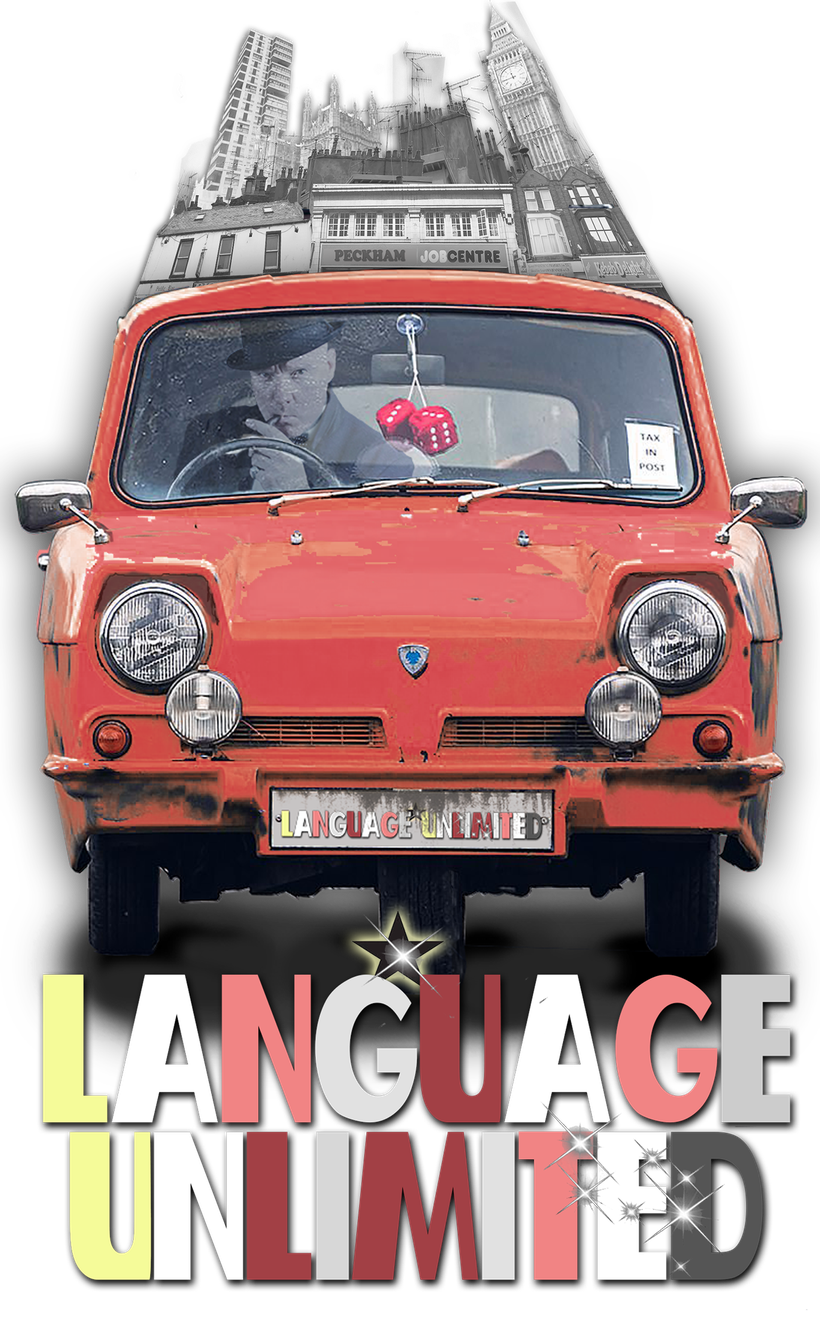

1. Sounding the car horn.
2. A raised middle finger.
3. Danger ahead.
4. Zebra crossing ahead.
5. Tow-away zone.
6. The rear-view mirror.
7. Side window.
8. Steering wheel.
a. Italians in front! Slow down from 150 kph to 140. Wind down the window and give the hand signal mentioned above.
b. A strange black and white animal that looks like a horse is crossing the road in front. Slow down to take a photo.
c. Hey aren’t I just the coolest person in town with my sunglasses and hair gel?
d. This should be beeped only when you see a very attractive potential lover walking in the street.
e. One of your arms is hanging out of the window. Use the other one (or just a finger) to manoeuvre the vehicle.
f. Park here if you live near the police car pound, and want your car chauffer driven home by the authorities. Can be expensive.
g. An internationally recognised signal to show disapproval or annoyance at another driver’s behaviour.
h. Wind it down and hang your elbow out! Sit back and take it easy.
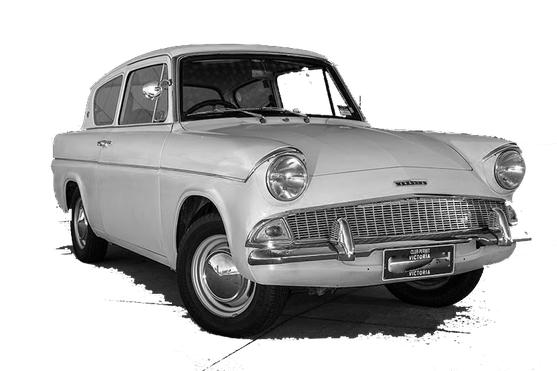
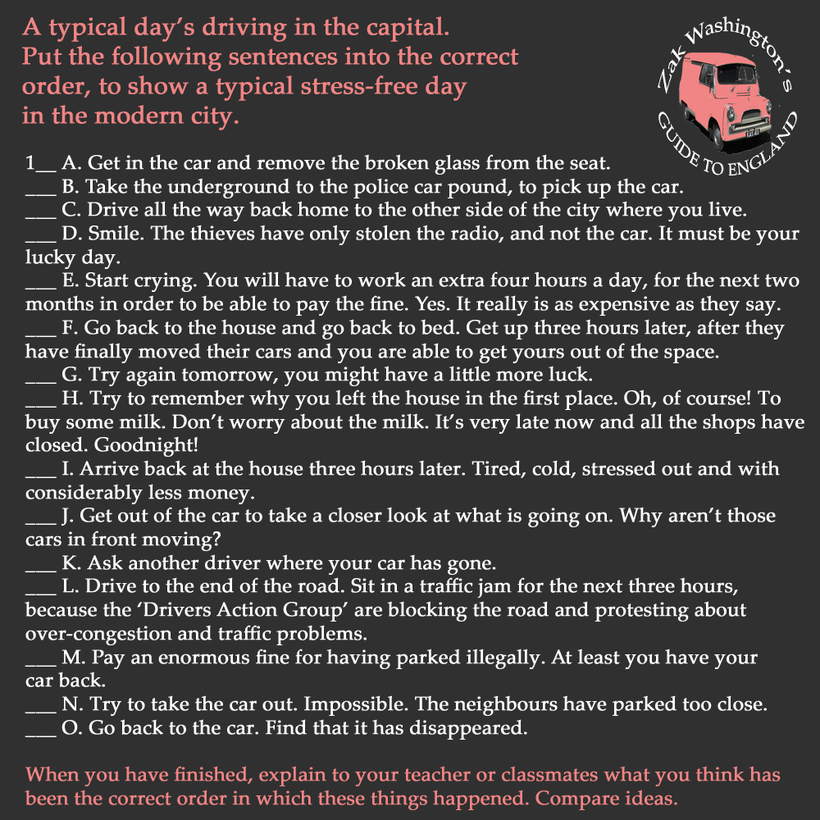
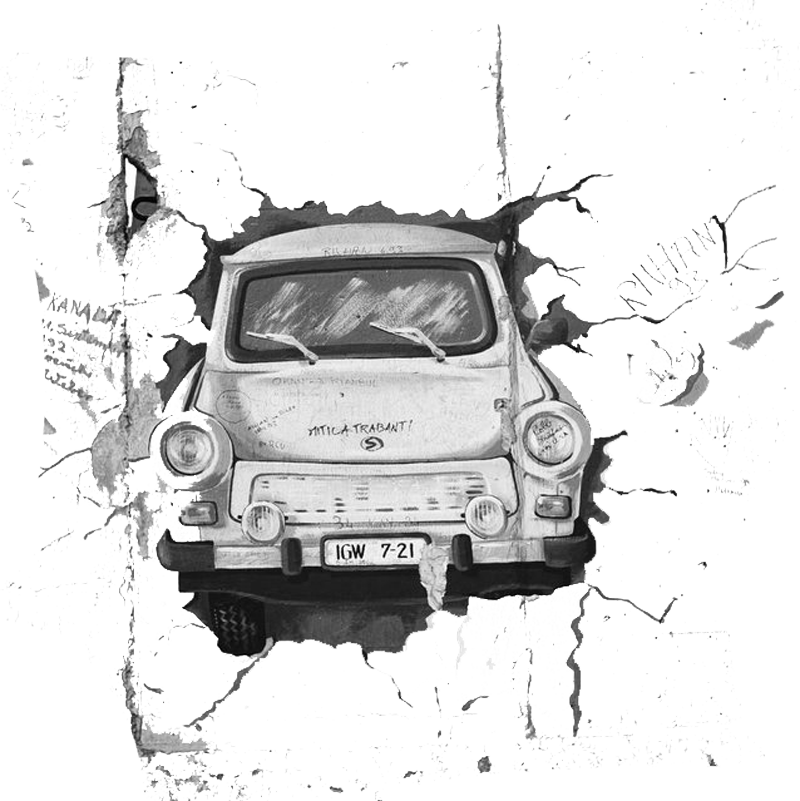

Rewrite the following situations to include one of the following modal verbs.
MUST. MUSTN’T. HAVE TO. DON’T HAVE TO. HAD TO. WEREN’T/WASN’T ALLOWED TO. SHOULD (have + past participle). SHOULDN’T (have + past participle).
Example. A traffic warden is telling a Spaniard that there is no parking outside the gates of Buckingham Palace. Sorry sir. You mustn’t park here./ You are not allowed to park here.
1. Last year a traffic warden was telling a Spaniard that there was no parking outside the gates of Buckingham Palace. (Put the above example into the past.)
2. You are the miserable smelly old man that works in the police car pound and hates everybody. In front of you is an ugly little foreign student who parked his car illegally and has come to reclaim it. Give him advise (in the past) about how he parked. You…
3. Name two things that were not obligatory when driving one hundred years ago. (Road tax. Traffic light. Car stereo. etc.) You…
4. Give some advice about talking to traffic police in London. You…
5. Name two things that were obligatory when driving one hundred years ago. (Red flag. Right of way etc.) You….
6. Give some strong advice to the Frenchmen about driving on the right-hand side of the road. You…
7. The police are telling the Greeks who are on holiday in their Opel Kadett that it is illegal to have fifteen people in one family car in Britain. You…
8. There two old ladies in the car ahead. It is not necessary to overtake. You…
9. You are an Englishman driving in London, when a German cuts you up. Wind down the window and give him advice about how to drive correctly. You…
10. You are a seventeen-year-old lad giving advice to another seventeen-year-old lad about how to pick up girls in a car. What recommendations would you give for the type of car necessary, the car’s accessories, and the attitude? You…
Match the following vocabulary with the correct definition.
1. Seat belt
2. Rear view mirror
3. Handbrake
4. Ignition
5. Gear stick
6. Clutch
7. Brake
8. Accelerator
9. Indicator
10. Reverse
11. Steering wheel
12. To check
13. To pull away
14. To pull up
15. To fasten
16. To cut sb up
17. To release
18. To run over
19. To crash into
20. To write off
to undo, to take off (handbrake etc.)
to do up, to secure (seatbelt etc.)
to completely destroy (cars etc.) so that you cannot use again
to start to drive, to start moving from a stationary position.
to drive dangerously into sb’s path almost causing an accident
to hit another vehicle in an accident
to see or to make certain that it’s safe, sure, or correct
to hit a person who is in the street while you are driving
to stop the car, normally when you park
a flashing light showing which direction that you will go
a pedal for slowing the car down or stopping
turn this round device to change the car’s direction while driving
a pedal for speeding the car up
the action of going backwards not forwards
a pedal for changing the gears, not found in automatic cars
a device for changing gears with your hand
look into this to see what is behind you
this is what you turn to start the car’s engine
use this when parked to stop the car moving on its own
it’s law to wear this for your own protection
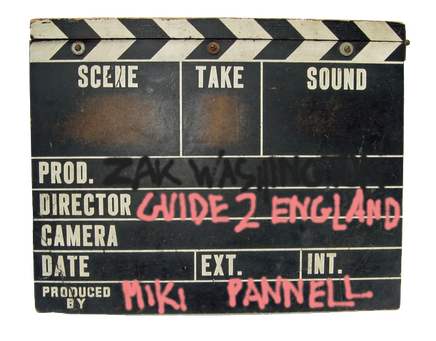
Role Play.
Student A. You are a rather stupid foreign pupil who is taking a driving lesson for the first time. You are sitting in the instructor’s car. At your side is a pathetic looking English driving instructor, who is even more nervous than you. Look at the inside of the car in front of you. What are all those mechanical objects, levers, controls and buttons for? Ask him. When he has explained to you what they are and how they work, you will drive the car on a busy public road! You are the student, don’t forget. It is not your car. You are only allowed to do what the instructor says. He will give the instructions and you will use your hands and feet as if you were driving a real car.
Student B. You are a driving instructor. You are having a normal day at work, when suddenly arrives the world’s most dense person for a driving lesson. Yes. Divine retribution exists in this world and not the next. What terrible thing did you do to deserve this? Not only has this person never driven before, but this idiot can’t even speak English correctly! First you will have to teach him/her all the vocabulary for the inside of a car. Then the action verbs for driving. Finally, you are going to take this half-wit out on to one of Her Majesty’s highways. Continue giving the instructions. Good luck. You are going to need all the luck you can get, and the airbag too.
Now change roles and repeat.
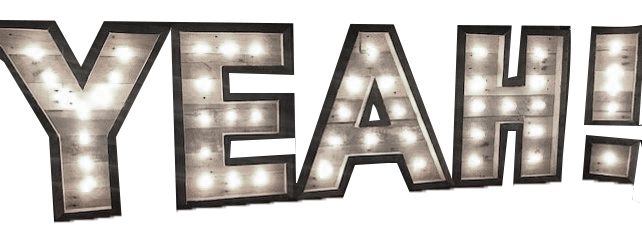

Part 6. Sending and understanding messages sent by email or mobile phone.
Look at the abbreviations below and try to guess what the meaning is.
C U L8R 4 T (an invitation)
R U FREE 2DAY?
THNQ
PLS CALL B4 6
DO U WAN2 GO?
XLNT!
DNT B L8 4 YR DNR!
2NITE OR NXTWK?
ASAP
BCNU (when saying goodbye)
I H8 U! U2
N E 1 4 T?
U R A *
O I C!
R U UP 4 IT? (colloquial expression)

Part 7. English for Domestic Arguments

Now, we understand that many of you are learning English because your husbands/wives, boyfriends/girlfriends, are English speakers.
We also understand that there are times when you have to argue. English becomes very difficult at those times doesn’t it?
What you need are some stock phrases, or clichés to make yourself sound more convincing.
Imagine this situation; there is a typical English man sitting at home.
He is sitting in his favourite part of the sofa, there is a pint of beer in his hand and a bag of chips on the arm of the chair.
The football is just starting on the telly. It’s the bottom of the third division clash between Plymouth Argyle Football Club and Exeter City.
When suddenly in comes the wife, who wants to watch some rotten Jane Bronte film ‘Pride and Sensibility’ on the other channel.
Look at the sentences from the text below, and decide who says which sentence. The man or the woman?
1. ‘You are right. It is your house too. It is a house. It is not a hotel! You come and go when you please, with no consideration for anyone except yourself! Why don’t you clean or tidy up?’
2. ‘I don’t make a fuss about it. That’s not fair! You never make the bed, and when was the last time you cleaned the bathroom?’
3. Well, I’m allergic to those plants! You are missing the point. What I’m saying is that there was football on last night and the night before. You only think about yourself, you selfish pig!
4. ‘I am always cleaning. I was cleaning last week. It’s just that when I do it, I don’t make a big song and dance about it like you do!
5. ‘Washing up is an art form too. It’s a pity you will never be considered as one of the great masters. You certainly don’t get any practice.’
6. ‘That’s it. That’s enough. I’m going to pub, with my mates, if a person doesn’t even have the right to relax in his own house after a hard day’s work....’
7. ‘I didn’t say I wasn’t going to clean up again. I’m just saying that whenever there is a big, dirty, or disgusting job to do, you never want to do it. Remember that cockroach in the bathroom. You didn’t want to touch that did you? How many times have you done the gardening? Exactly!’
8. ‘But, I don’t live in the bathroom like you do. You spend at least five hours in there every day. Why don’t you just move the bed and the television in there too. You make the mess there. Of course, I’m not going to clean it.
9. ‘Oh, and I suppose twenty men kicking a bag of air around a football pitch is more important than looking good and dressing well!
10. ‘Well, it’s my television and my house as well. I have a right to do what I like, when I like.’
11. ‘I only think about myself? I like that! You are the one who spends half her life thinking about make up and clothes.’
12. ‘They represent the glory of athleticism! Man struggling against his weaknesses to create what is more than a game. It’s an art!’
13. ‘That’s it! Make yourself comfortable there in front of the TV. Don’t bother to ask me if I want to watch anything. Oh, no. Just you think about yourself.
14. ‘So what you are saying is that you are never going to clean up again.’
When you have decided whether the man or the woman is talking, get onto pairs, then take the sentences and put them into the correct order.
|
13 |
|
|
|
|
|
|
|
|
|
|
|
|
|

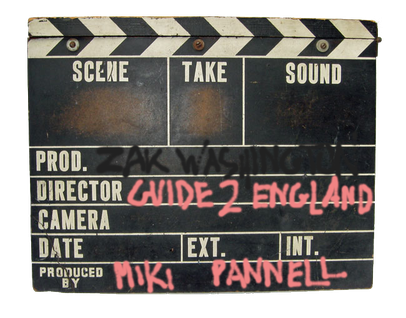
Role Play.
Student A. You are the angry woman. ‘Pride and Sensibility’ is one of your favourite films. You’ve waited months to watch it. That slob of a husband of yours watches football constantly. Every time that a football competition ends, another one begins. The World Cup, the European Championship, the Champions League, UEFA, the FA Cup. It’s endless. You want to watch an educational, award winning, cultural programme. You are going to argue with your husband until you convince him.
Student B. You are the beer drinking, football fan husband. You love Plymouth Argyle Football Club very much. Just because your wife doesn’t understand the noble game, doesn’t mean that you should let her watch her stupid programme. Besides, they put that romantic rubbish on every afternoon. Why can’t she watch it then? So it’s time to let your wife know who wears the trousers in this house.

Part 8. The West End & East End / Cockney Rhyming Slang

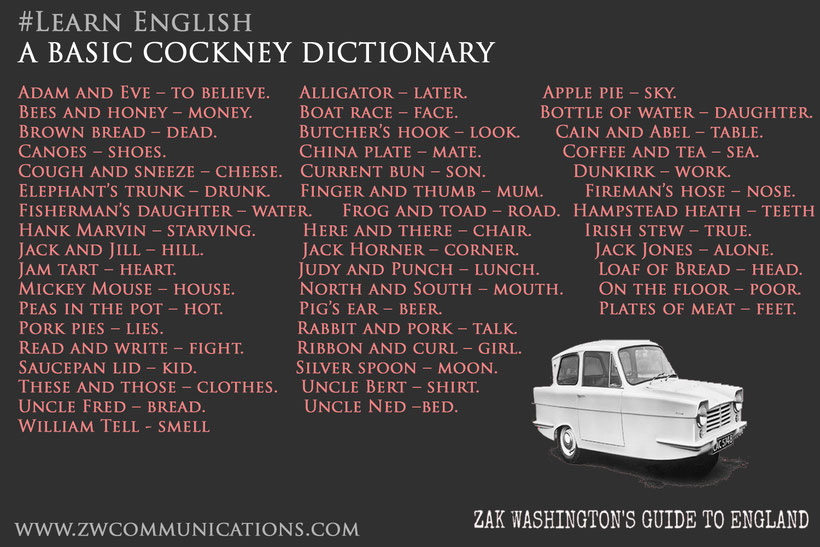
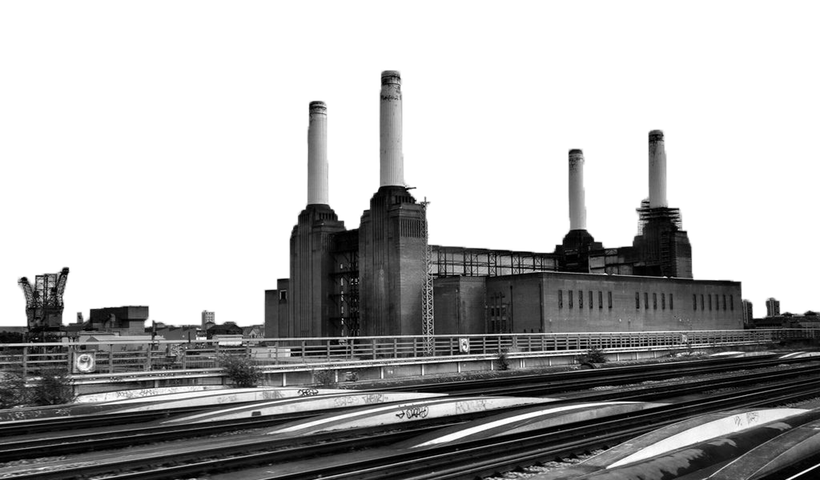
What is a Cockney?
The answer is complicated. The subject is very complicated too. Especially for foreign students.
A cockney is someone who is born in the working class East End of London, who has a marked accent, and often uses a special humorous vocabulary.
The most famous internationally known cockney was the character Eliza Doolittle, played by Audrey Hepburn in the film My Fair Lady (originally from the play Pygmalian by George Bernard Shaw).
If you remember the film, Eliza was the uneducated woman who sells flowers in the street, who is adopted by an English gentleman, Professor Henry Higgins (Rex Harrison), because he considers her English to be the worst he has ever heard. Lucky he never heard your English, eh student?
The cockney, and London accent is, in general, typified by dropping the letter ‘h’ in pronunciation.
You may remember the famous phrases from the film.
‘In Hartford, Hereford and Hampshire, Hurricanes hardly ever happen,’ and, of course,
‘The rain in Spain stays mainly on the plain.’
Cockney Rhyming Slang is the name given to the curious London vocabulary, (not a language or a dialect as some would call it) which these people and others sometimes use.
It is a humorous substitution of words for other words or phrases that rhyme with each other.
A classic example would be:
‘Dad’s talking on the dog and bone.’ What rhymes with ‘dog and bone’?
Think about it. Imagine a dog chewing a bone.
Answer: The phone.
The word in cockney rhyming slang usually has some kind of comical resemblance to the original word.
A ‘jam tart’ (a type of cake that contains red fruit jam) means ‘heart’.
Cockney Rhyming Slang is seldom used seriously.
It can be used to make your vocabulary more colorful, but even the Cockneys themselves use it in moderation.
If not, it will sound ridiculous. You should get a few laughs, if you do use it.
Its charm is the fact that people make it as complicated as possible, by only using parts of the phrase, and often the part that doesn’t rhyme!
So that native speakers often have trouble working out its meaning.
An example. ‘What are you rabbiting on about?’ ‘to rabbit and pork’ means ‘to talk’.
So the sentence means, ‘What are you talking about?
Don’t worry it’s as complicated for us as it is for you!
A BASIC COCKNEY DICTIONARY
Adam and Eve – to believe. Alligator – later. Apple pie – sky. Bees and honey – money. Boat race – face. Bottle of water – daughter. Brown bread – dead. Butcher’s hook – look. Cain and Abel – table. Canoes – shoes. China plate – mate. Coffee and tea – sea. Cough and sneeze – cheese. Current bun – son. Dunkirk – work. Elephant’s trunk – drunk. Finger and thumb – mum. Fireman’s hose – nose. Fisherman’s daughter – water. Frog and toad – road. Hampstead heath – teeth. Hank Marvin – starving. Here and there – chair. Irish stew – true. Jack and Jill – hill. Jack Horner – corner. Jack Jones – alone. Jam tart – heart. Judy and Punch – lunch. Loaf of Bread – head. Mickey Mouse – house. North and South – mouth. On the floor – poor. Peas in the pot – hot. Pig’s ear – beer. Plates of meat – feet. Pork pies – lies. Rabbit and pork – talk. Read and write – fight. Ribbon and curl – girl. Saucepan lid – kid. Silver spoon – moon. These and those – clothes. Uncle Bert – shirt. Uncle Fred – bread. Uncle Ned –bed. William Tell - smell
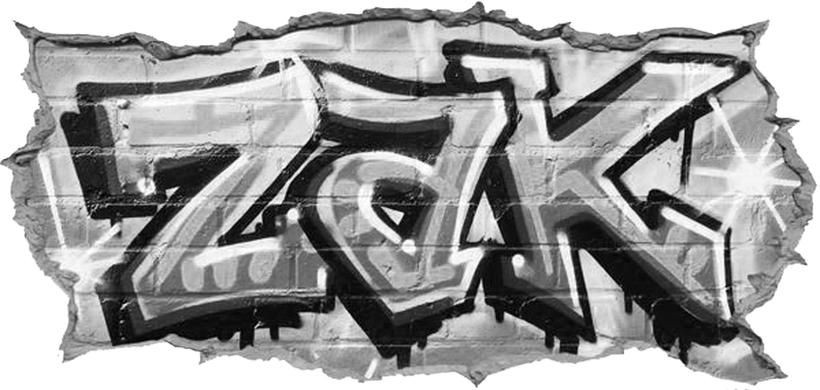
PRONUNCIATION
Match the following Cockney expressions with a word that rhymes from the list in the box below.
Adam and Eve Alligator Apple pie Bottle of water Brown bread Cain and Abel Canoes Cough and sneeze Current bun Dunkirk Finger and thumb Fisherman’s daughter Frog and toad Hampstead heath Here and there Irish stew Jack Horner Jam tart Loaf of Bread Pig’s ear Plates of meat Rabbit and pork Read and write Ribbon and curl These and those Uncle Bert Uncle Fred William Tell
Beer, daughter, corner, true, shoes, teeth, smell, chair, heart, talk, work, bread, shirt, road, fight, later, sky, dead, mum, head, girl, believe, cheese, clothes, feet, son, table, water.
Example of Cockney accent from the film 'My Fair Lady'.

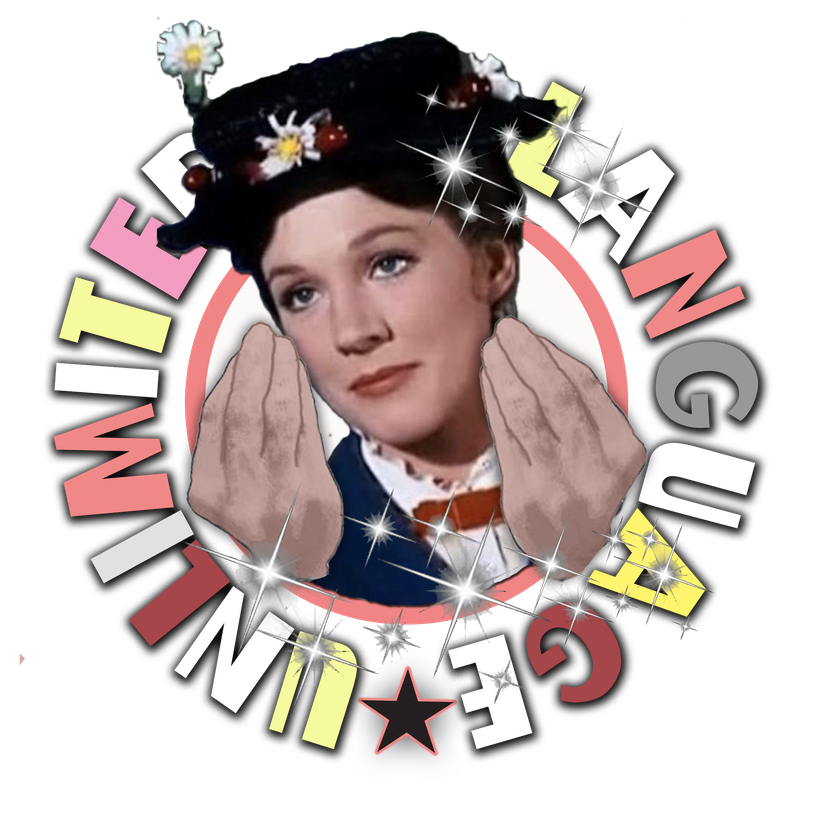
GRAMMAR. The articles 'THE' 'A' and 'AN'.
Read the text below, and complete it using an article, if an article is necessary.
Use either ‘THE’, ‘A’, ‘AN’, or nothing.
________ Soho finds itself in _______ heart of what is known as _______ West End. This is an area that is a little further north of ________ River Thames. Here is where you can find all ________ theatres, ______ shops, ________ restaurants and ______ entertainment in ________ capital. This is where ________ Selfridges, one of ________ most famous department stores in ________ world is situated. Also in W1, (as _______ postal code is called), you can find _________ Oxford Street, ________ Leicester Square, and ______ Houses of Parliament.
________ East End is something different. That’s traditionally ______ working class area, and is much poorer and less glamorous than ________ West End. ________ East End is famous for its markets and for ______ interesting people. It’s also famous for the murderer _______ Jack the Ripper[1], and a curious group of people known as ________ Cockneys. Here you don’t see as many pretty parks, like ______ Hyde Park, or ______ Regent’s Park. Neither will you find big, rich hotels such as ______ Ritz in _____ Piccadilly, or ______ Lanesborough on _____ Hyde Park Corner.
In between _______ East and ______ West End is ______ business centre, which is called simply ‘______ City.’ Historically ______ Soho was ______ ‘red light’ district of London, although nowadays it’s been completely cleaned up, and _____ hard-core[2] vice and ______ prostitution have moved to other areas like ______ King’s Cross.
With which of the following do we use articles? Sometimes there are exceptions. Give examples.
Countries. Areas of town. Rivers. Mountain ranges. Parks. People. Streets. Shops. Hotels. Newspapers. Magazines.
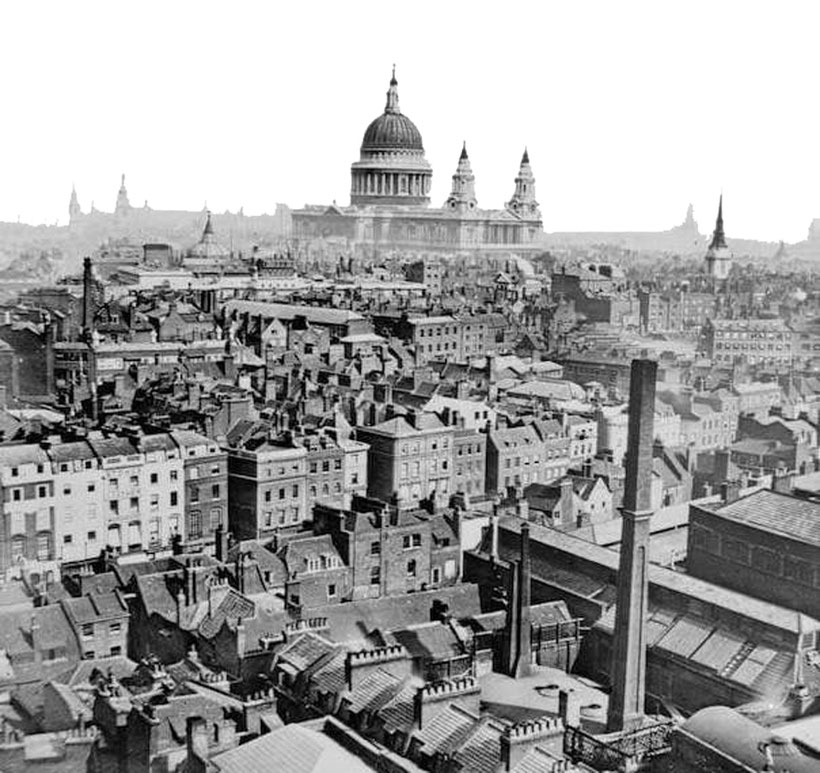

Part 9. English for finding a Boyfriend or Girlfriend
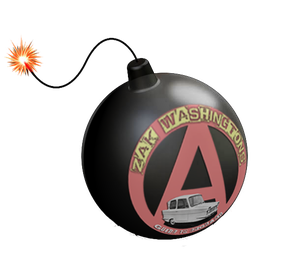
Match these chat up lines:
1. Can I buy you a drink...
2. I’m easy....
3. Inheriting [1] £10 million doesn’t mean much....
4. Hi! Will you help me find my lost puppy [2]?....
5. Hi! I’m new in town.....
6. Do you believe in love at first sight....
[1] to inherit to get given, or to be left money when someone dies.
[2] puppy (noun) a very young dog. I was going to say a ‘baby’ dog, but that sounds ridiculous. There are many other important words that need to be learnt to describe ‘baby’ animals. Cat/kitten, lion/cub, chicken/chick, horse/pony, etc. Unknown names normally take ‘baby’. ‘Ahh! Look at the baby elephants. Aren’t they cute?
a...I think it went into that cheap hotel room over there.
b...Could you tell me the way to your place?
c...when you have a weak heart.
d...or should I walk by again?
e...or do you just want the money?
f...are you?
Fun video tutorial: How to find a girlfriend in England.

Vocabulary for such occasions. Put the following into groups below the following headings. Some can be repeated in several columns.
TALKING KISSING LOOKING LOVE CHASING
TO HIT ON SOMEONE ($), TO MAKE OUT, TO SMOOCH [2], TO FLIRT WITH, TO BE IN LOVE WITH, TO WOO[3], TO KISS, TO PICK UP, TO HAVE A CRUSH ON, TO WINK AT[4], TO BE SMITTEN, TO OGLE, TO EYE UP, TO STARE AT, TO CHAT UP, TO FALL FOR, TO SNOG. TO BE AFTER.
[1] to chase to run after, to pursue, to follow.
[2] To smooch a long, wet kiss. Measurable in minutes.
[3] To woo a slightly old fashioned, but useful and easy to remember verb that describes the whole process of trying to attract and convince a partner to go out with you.

